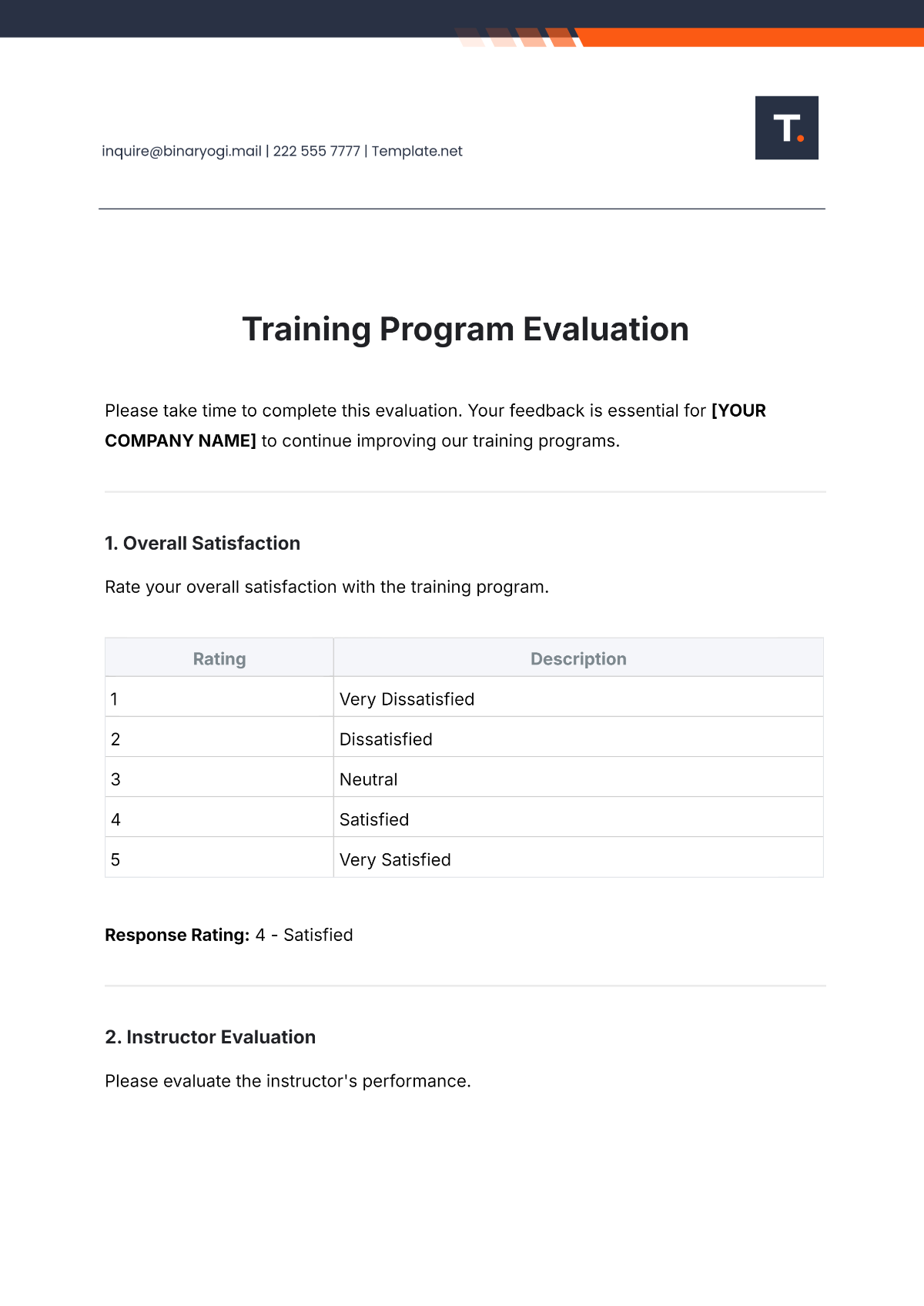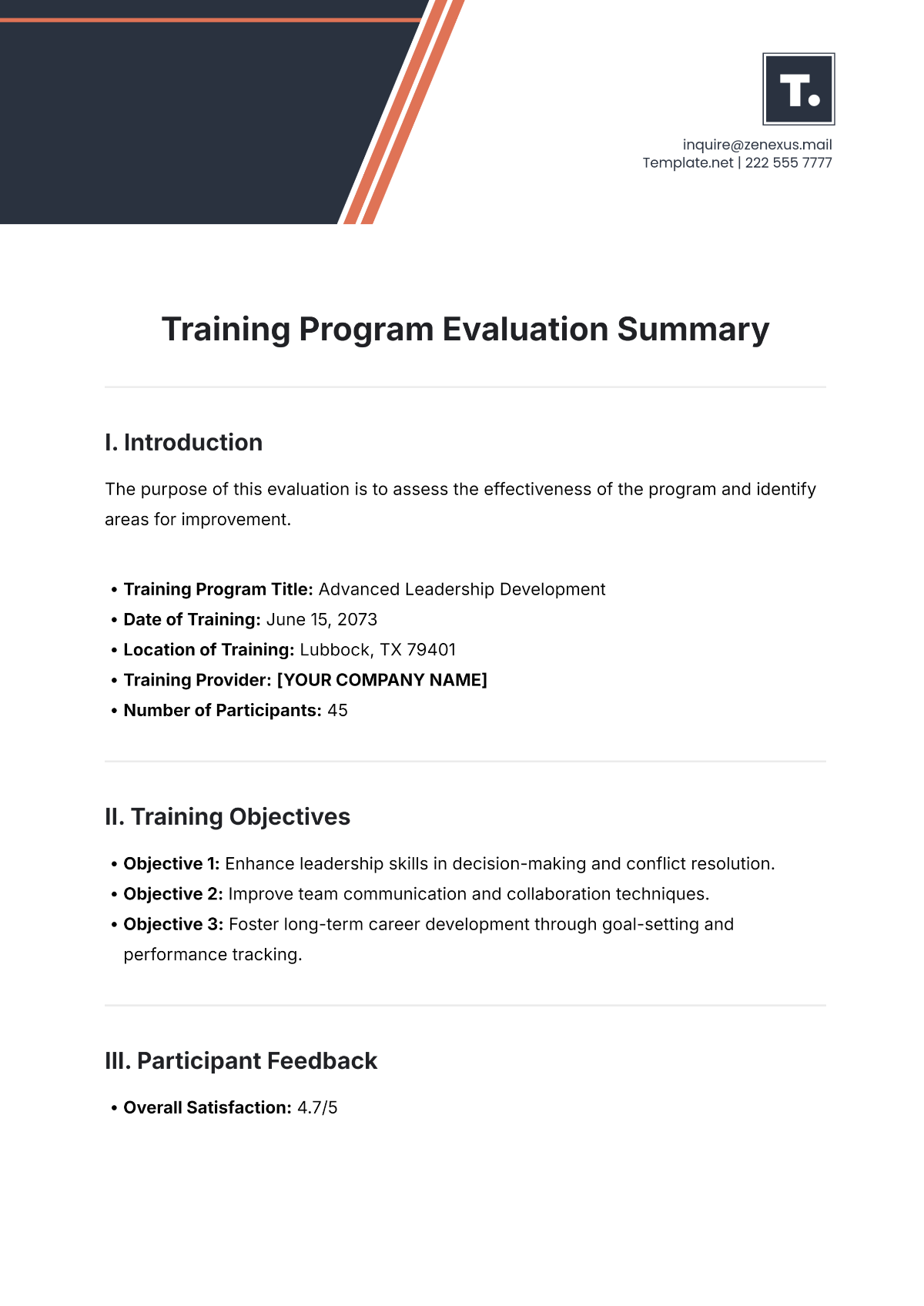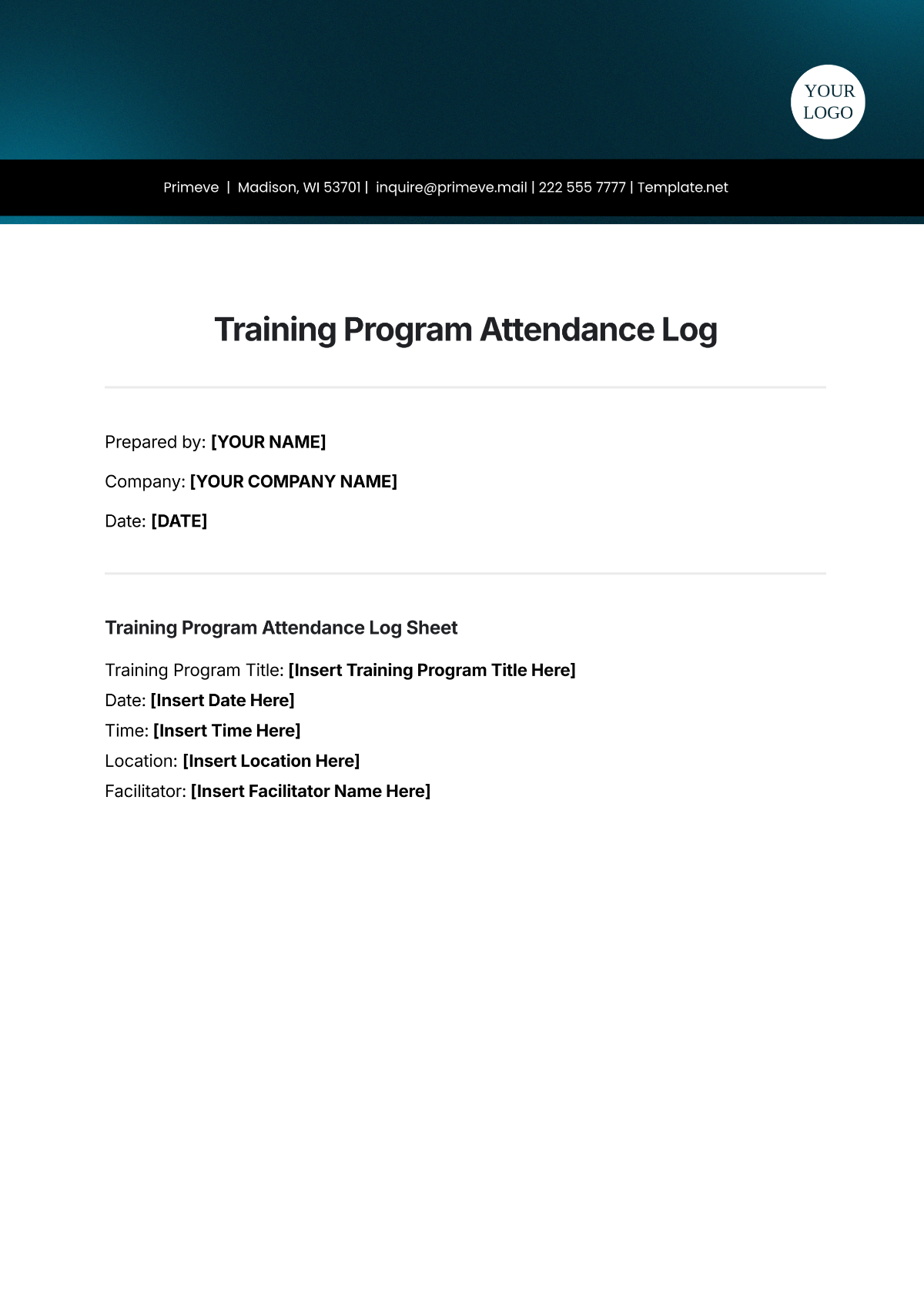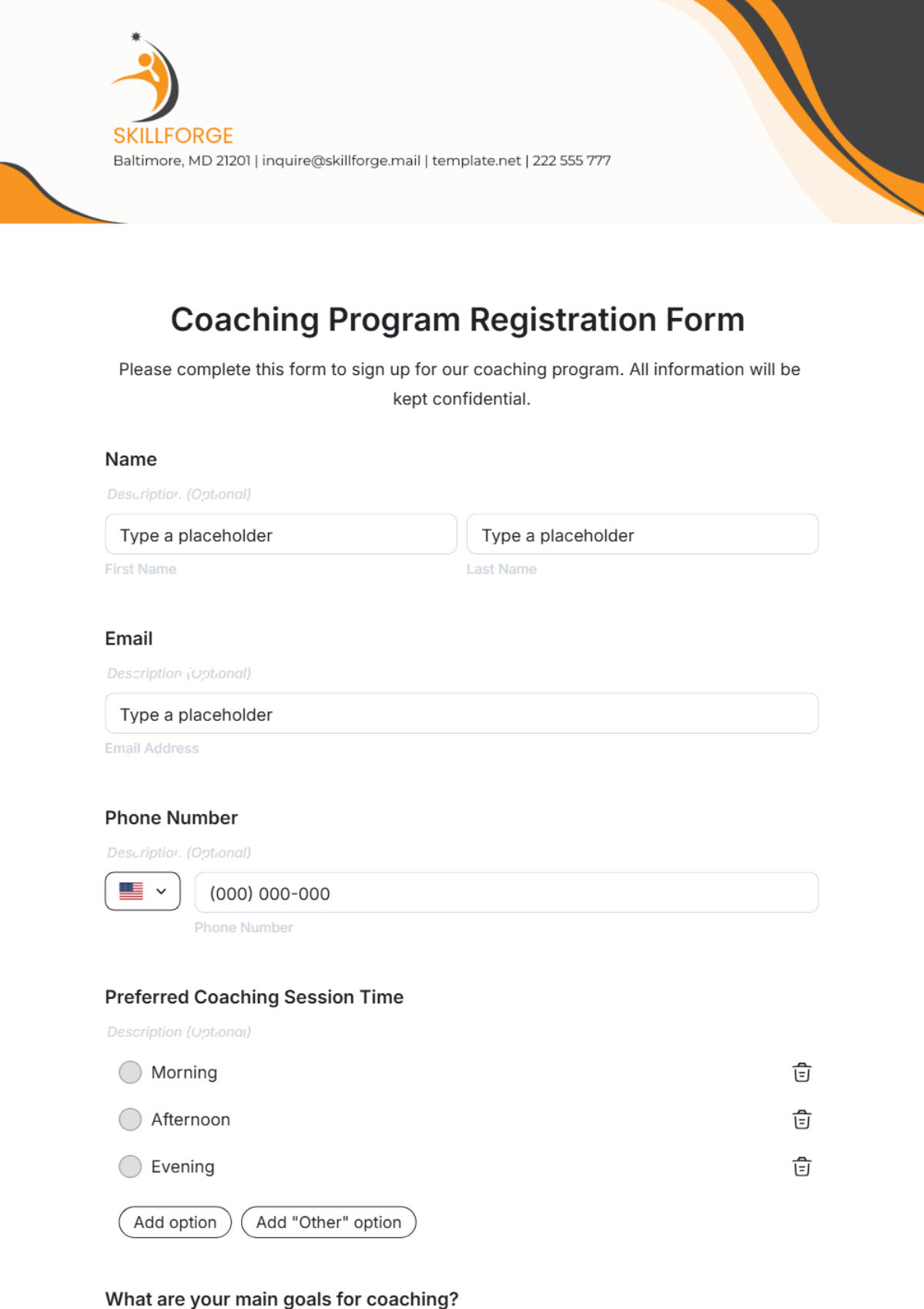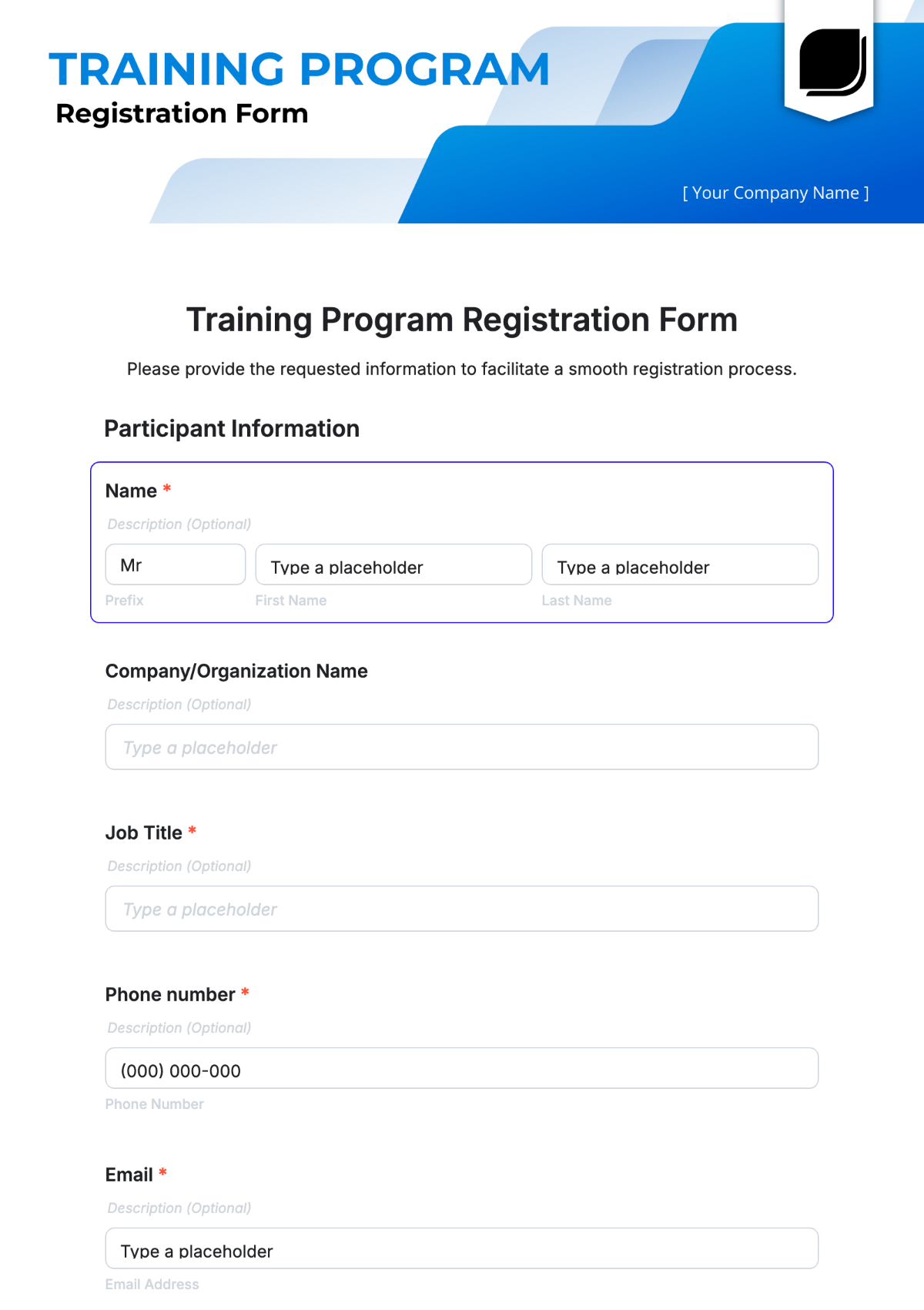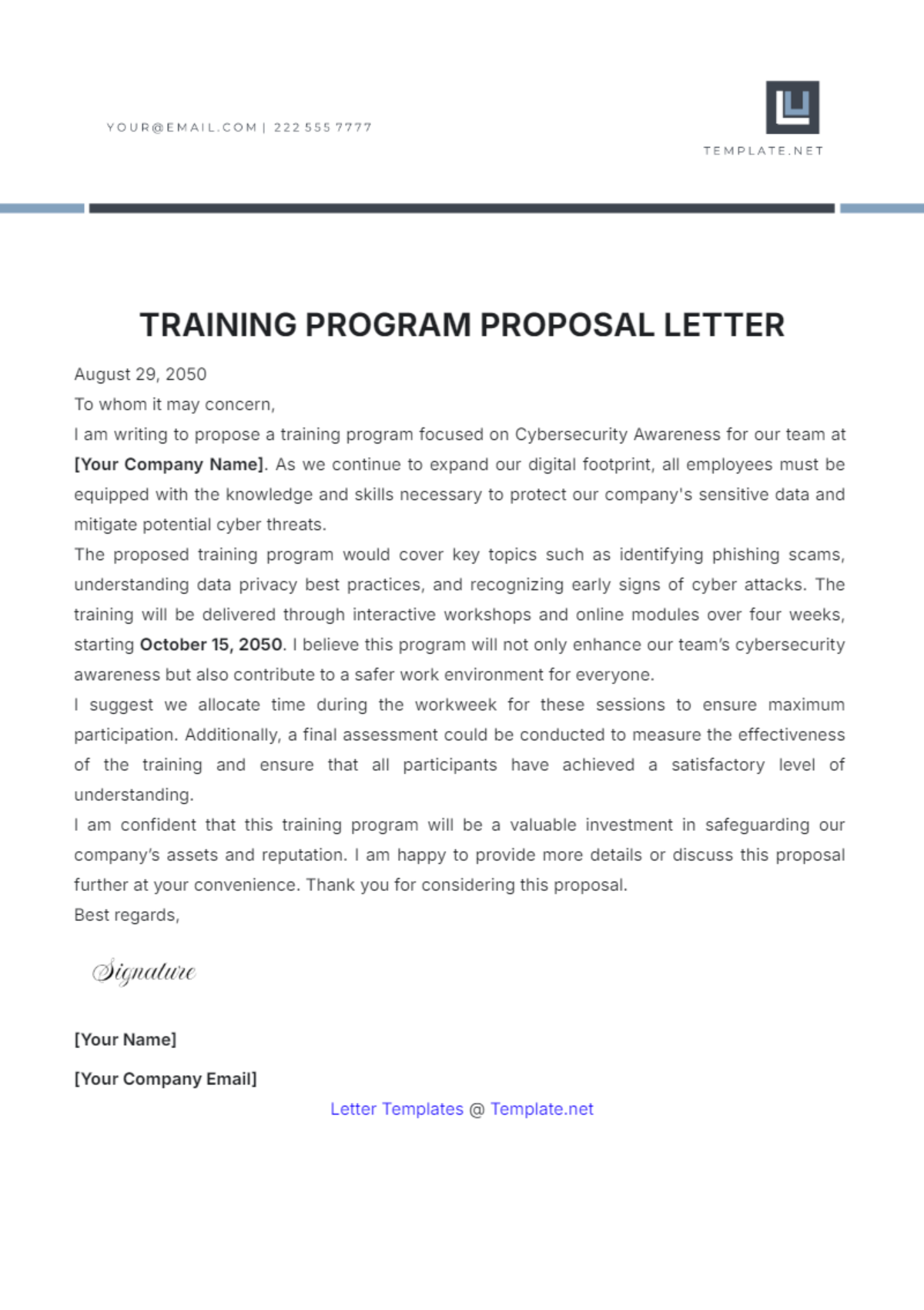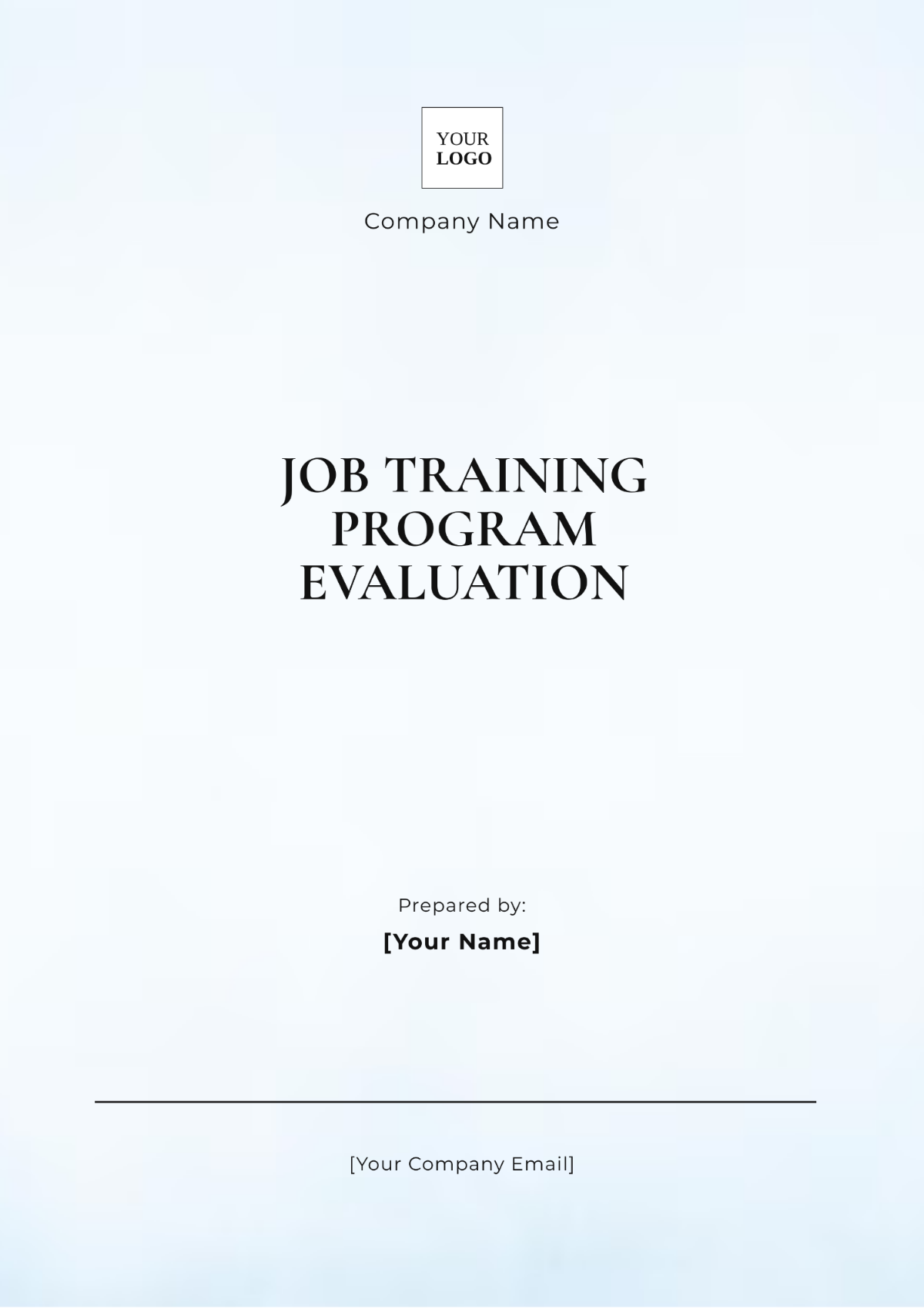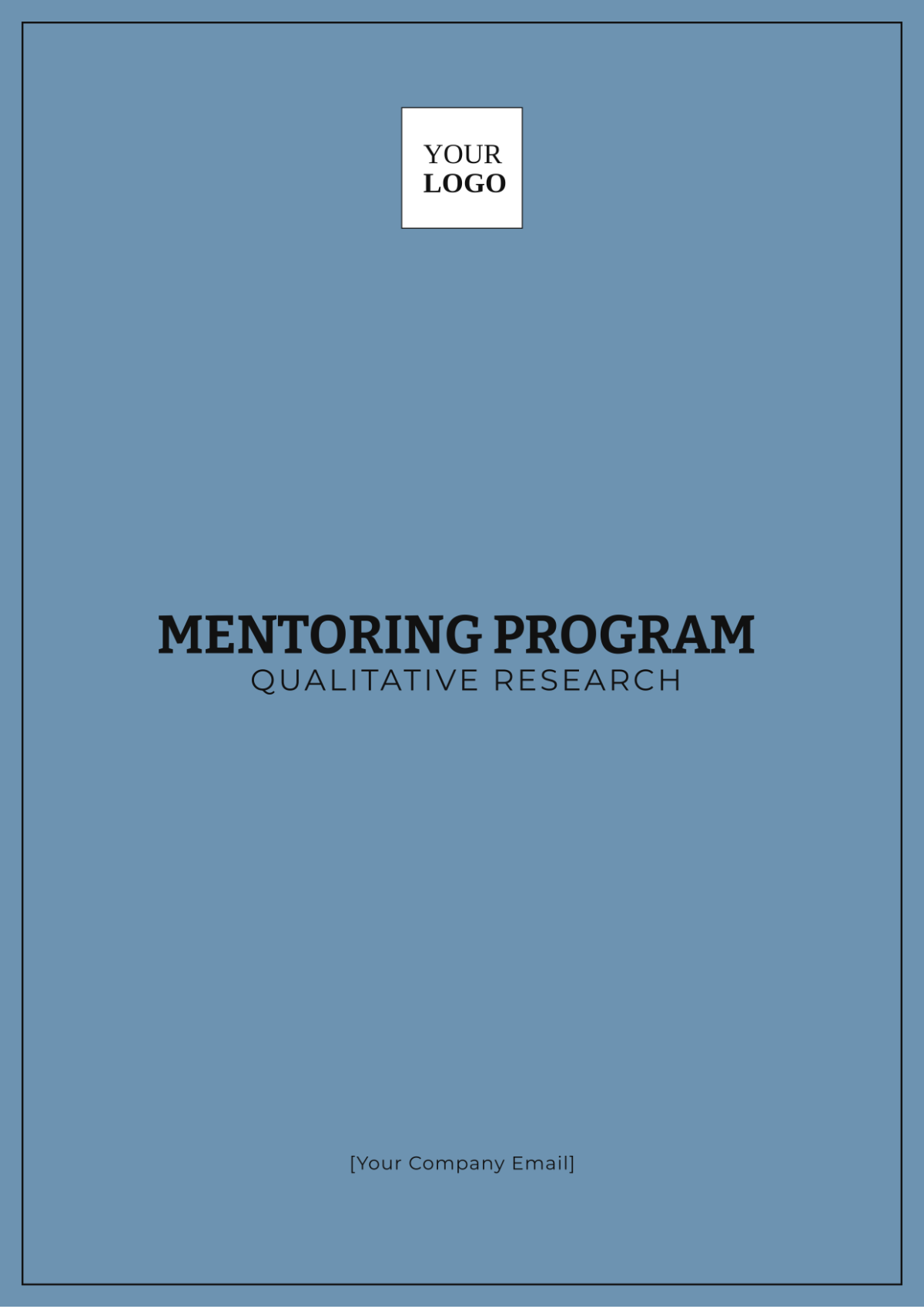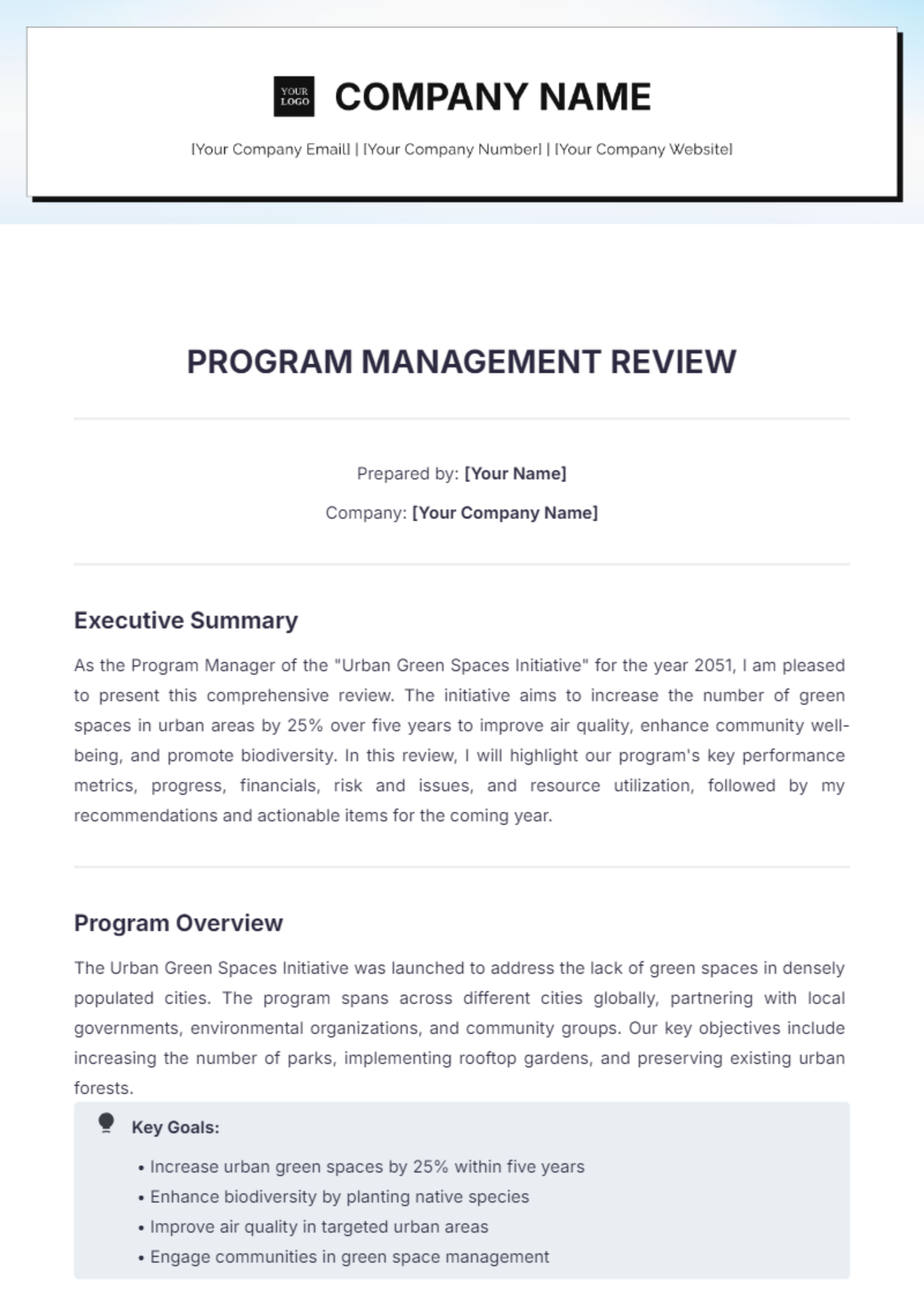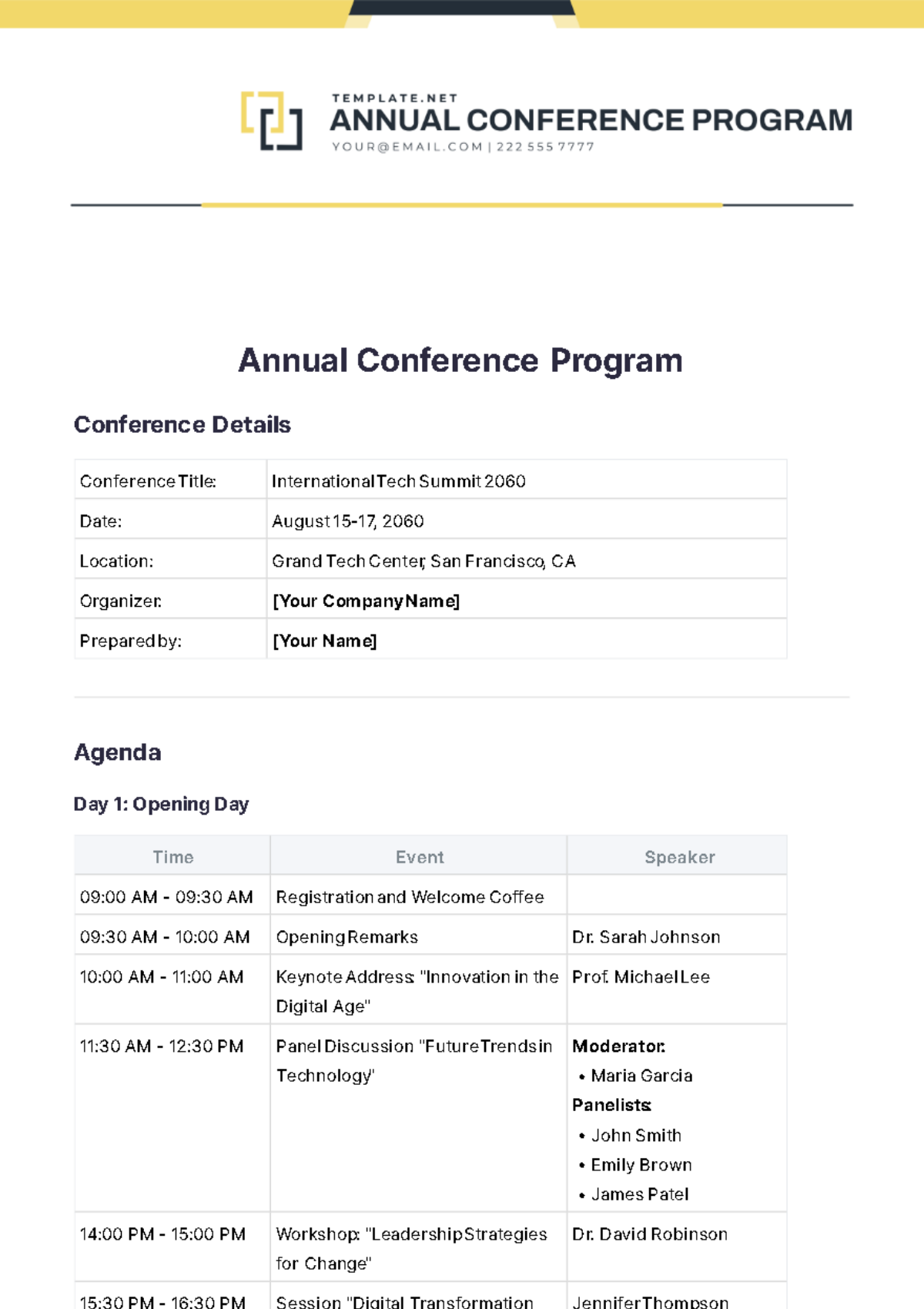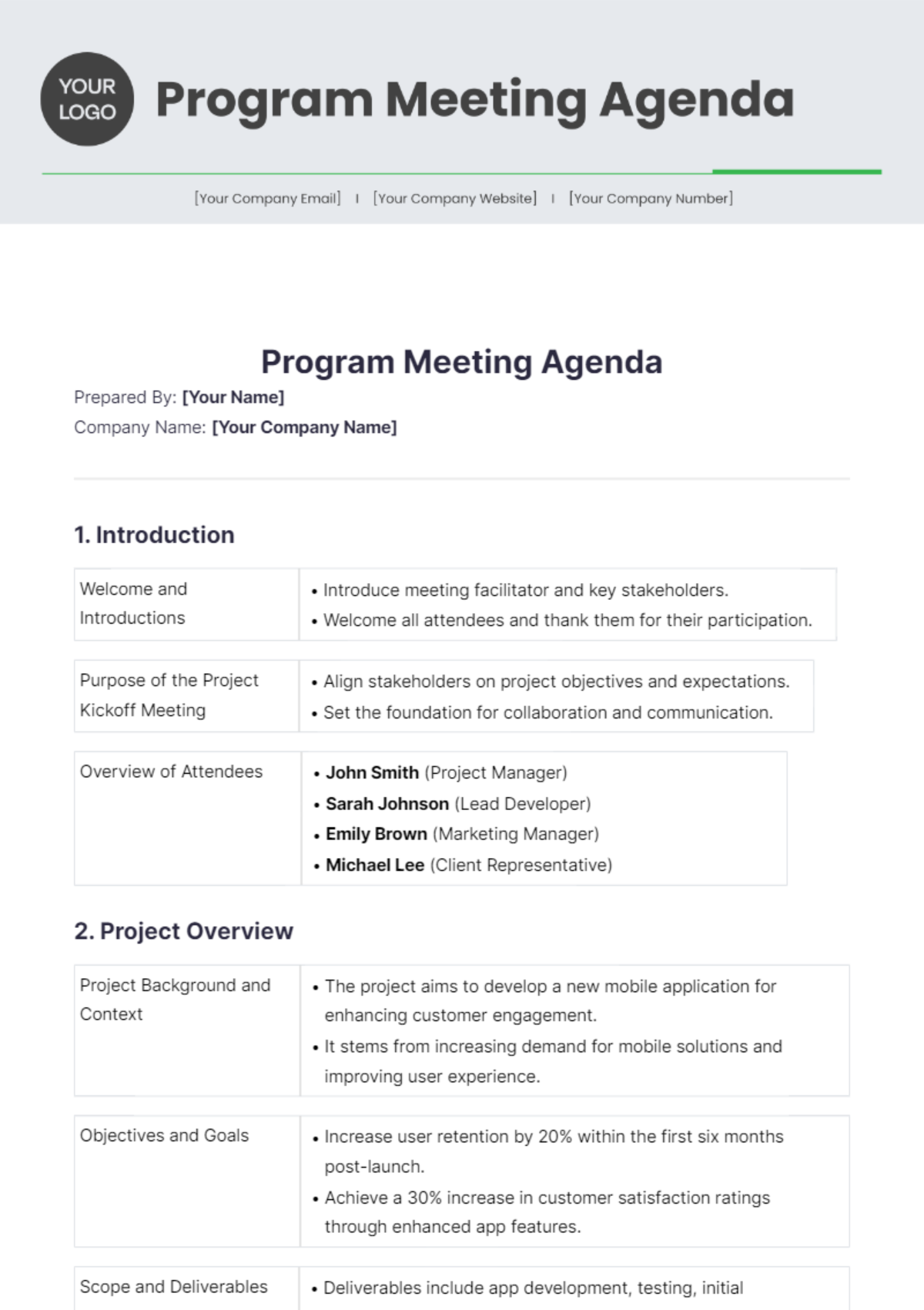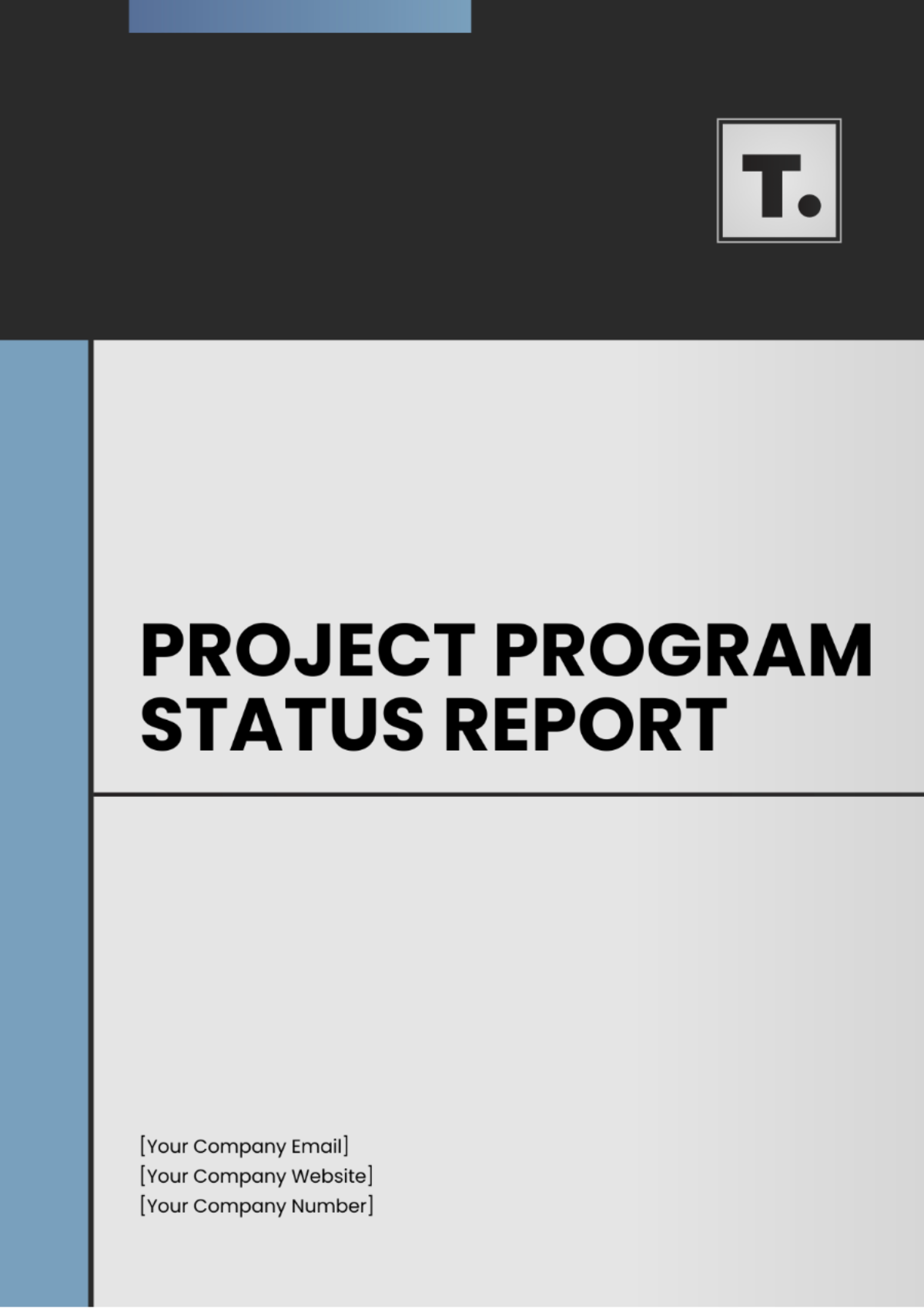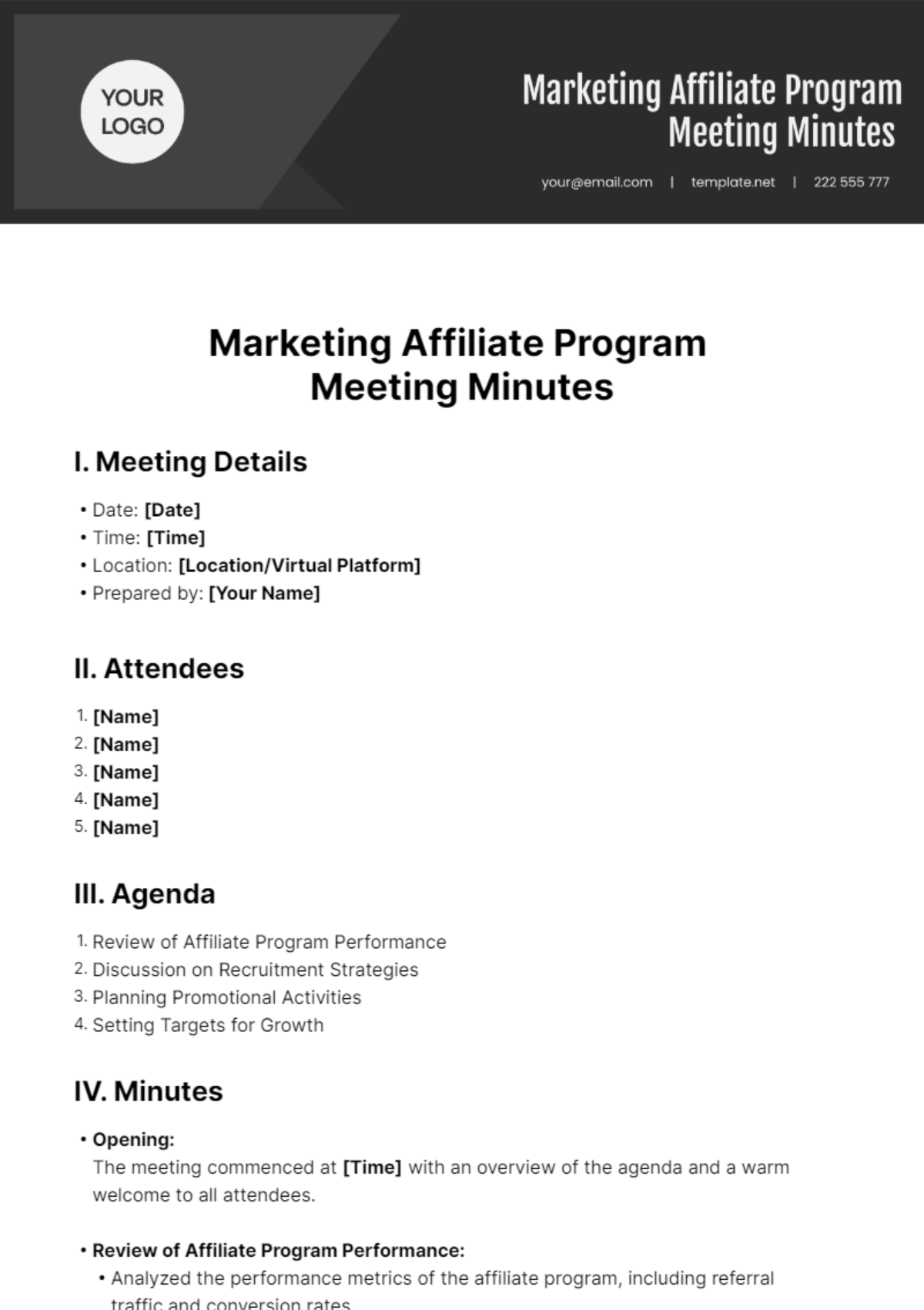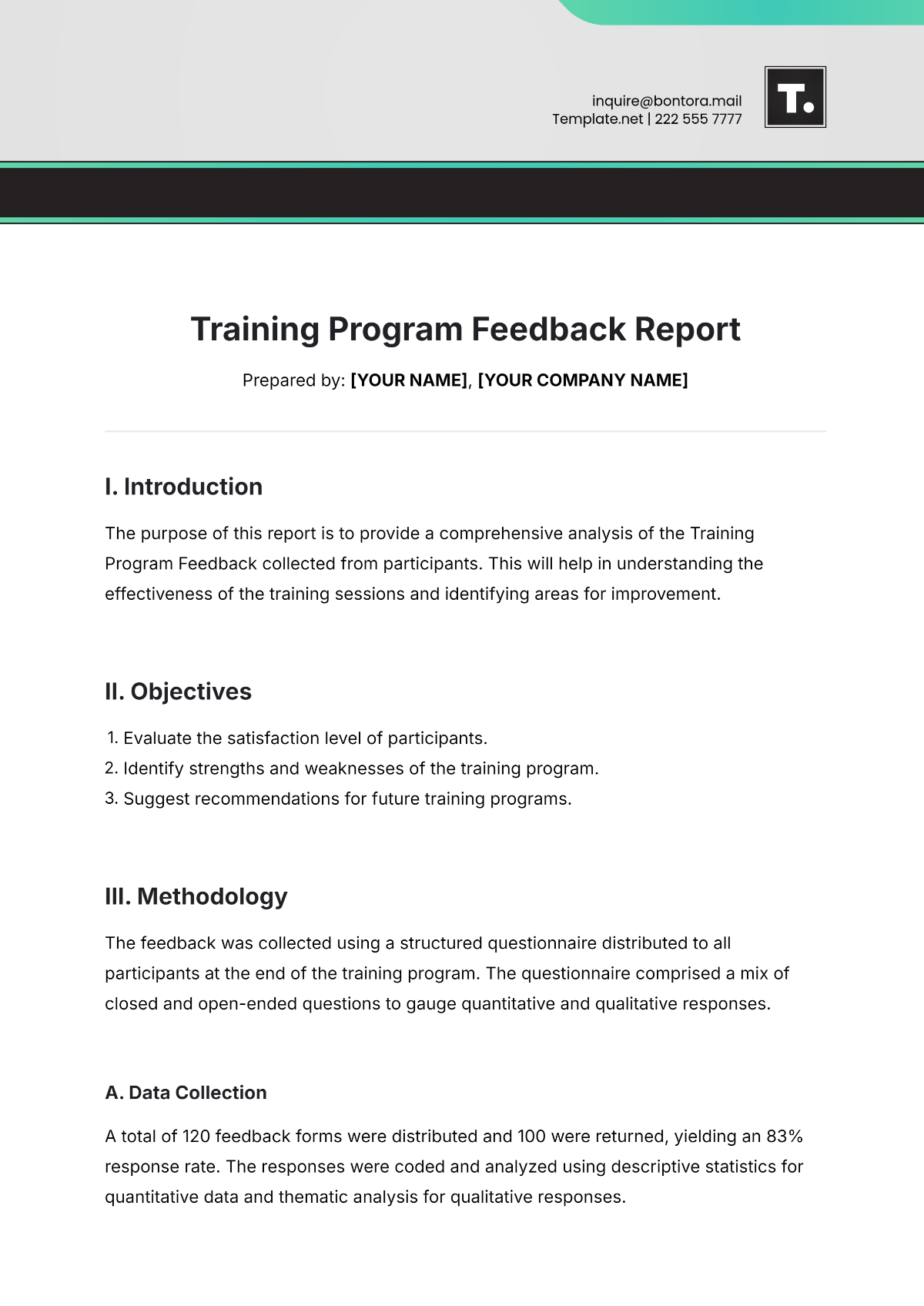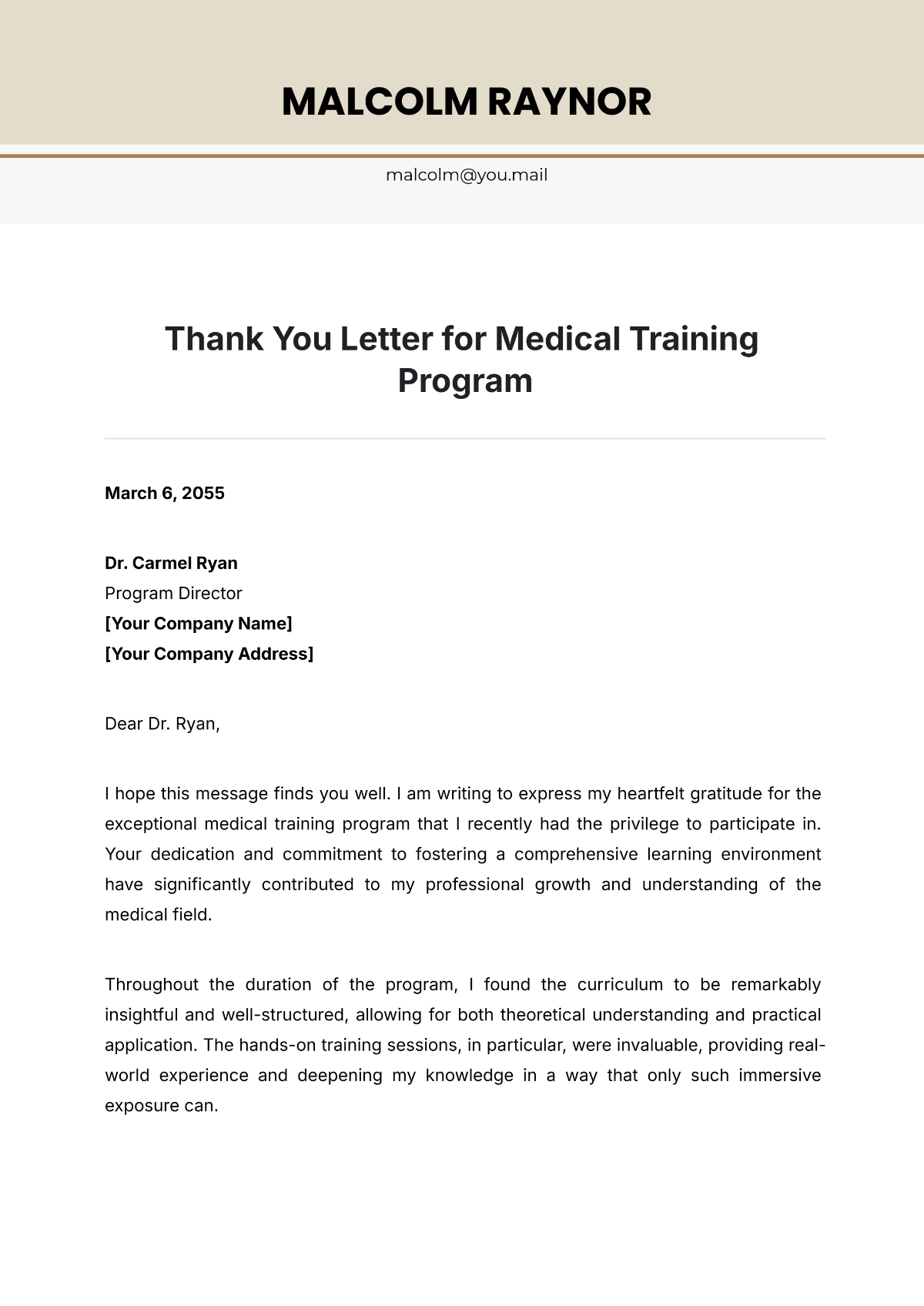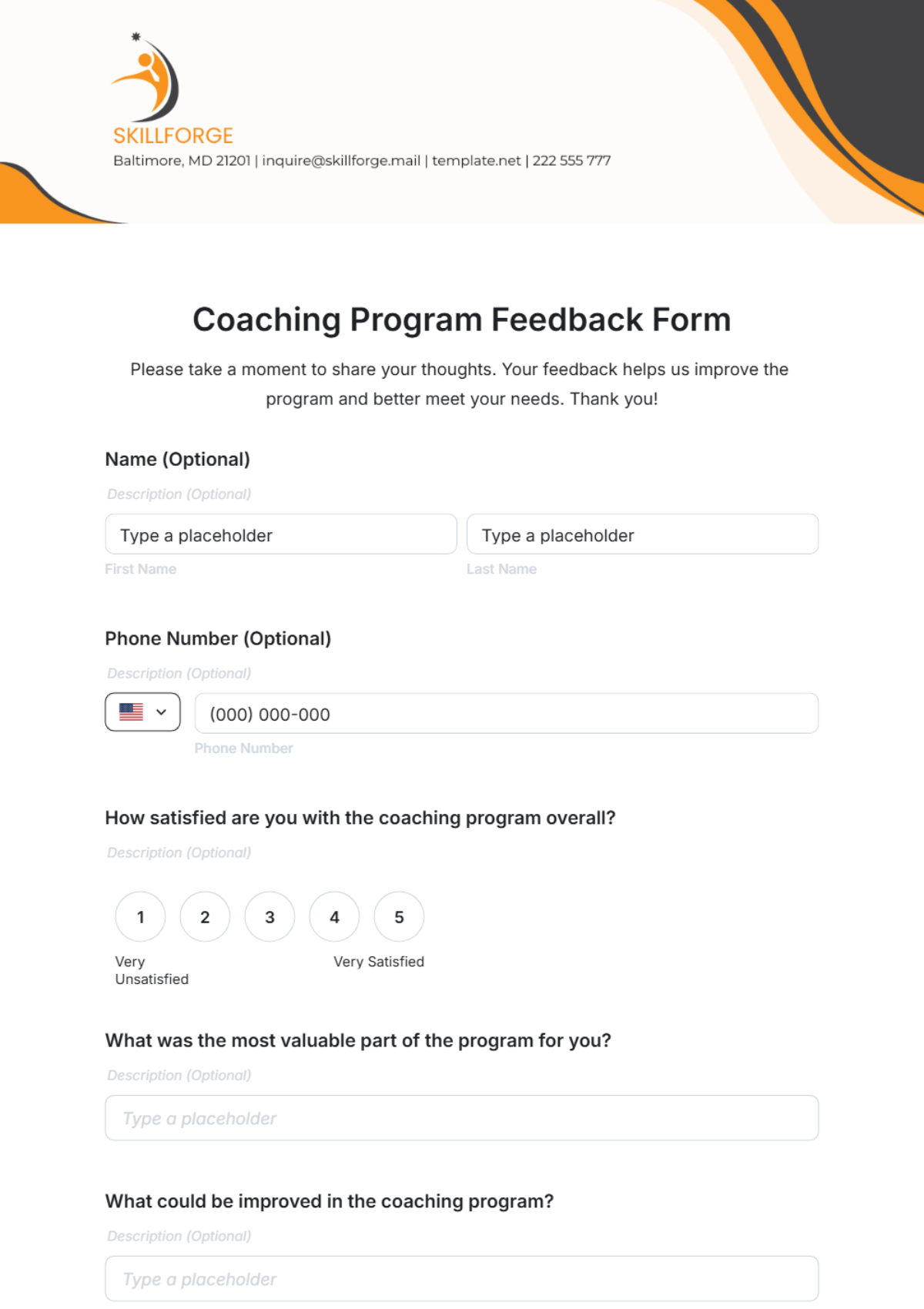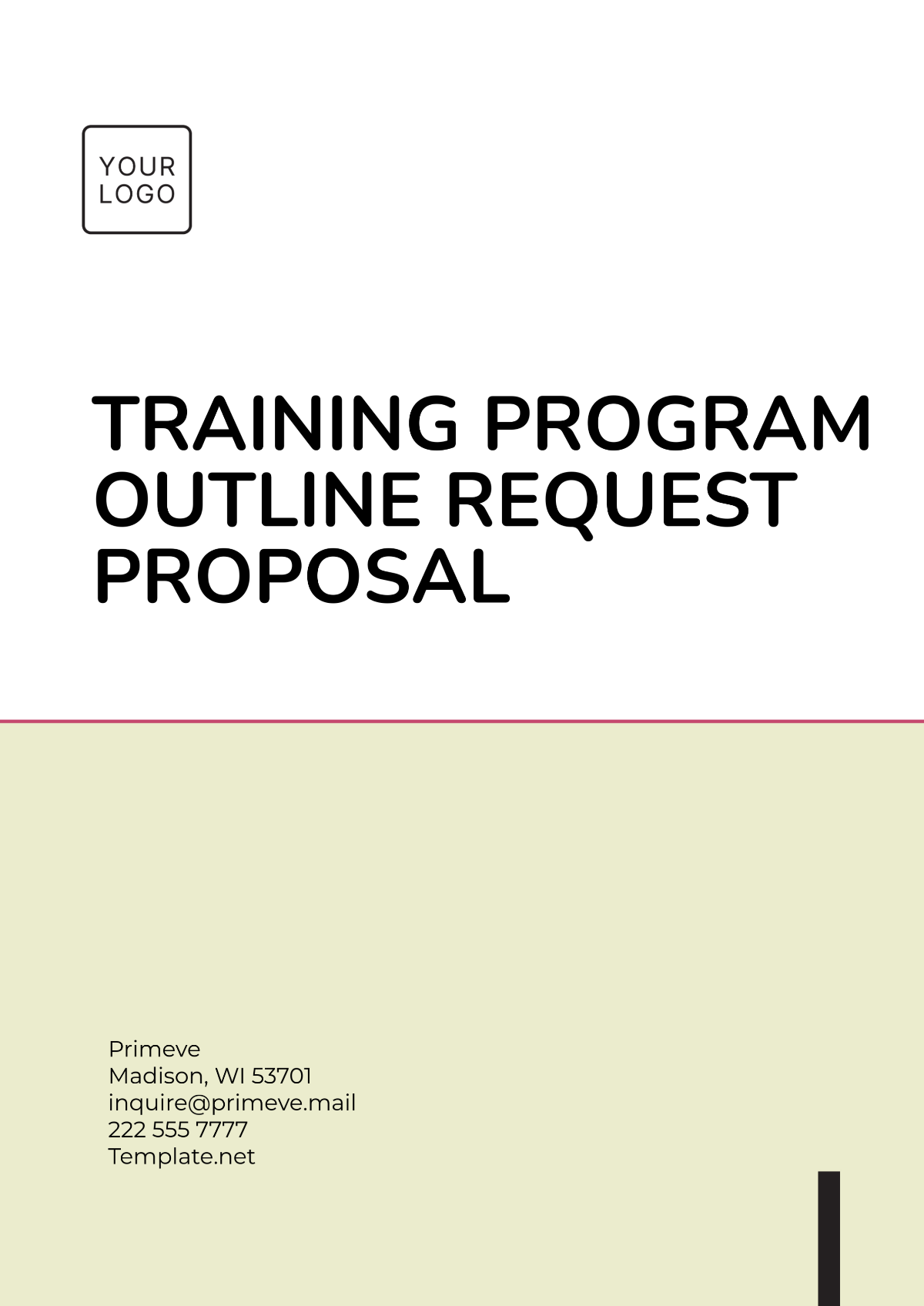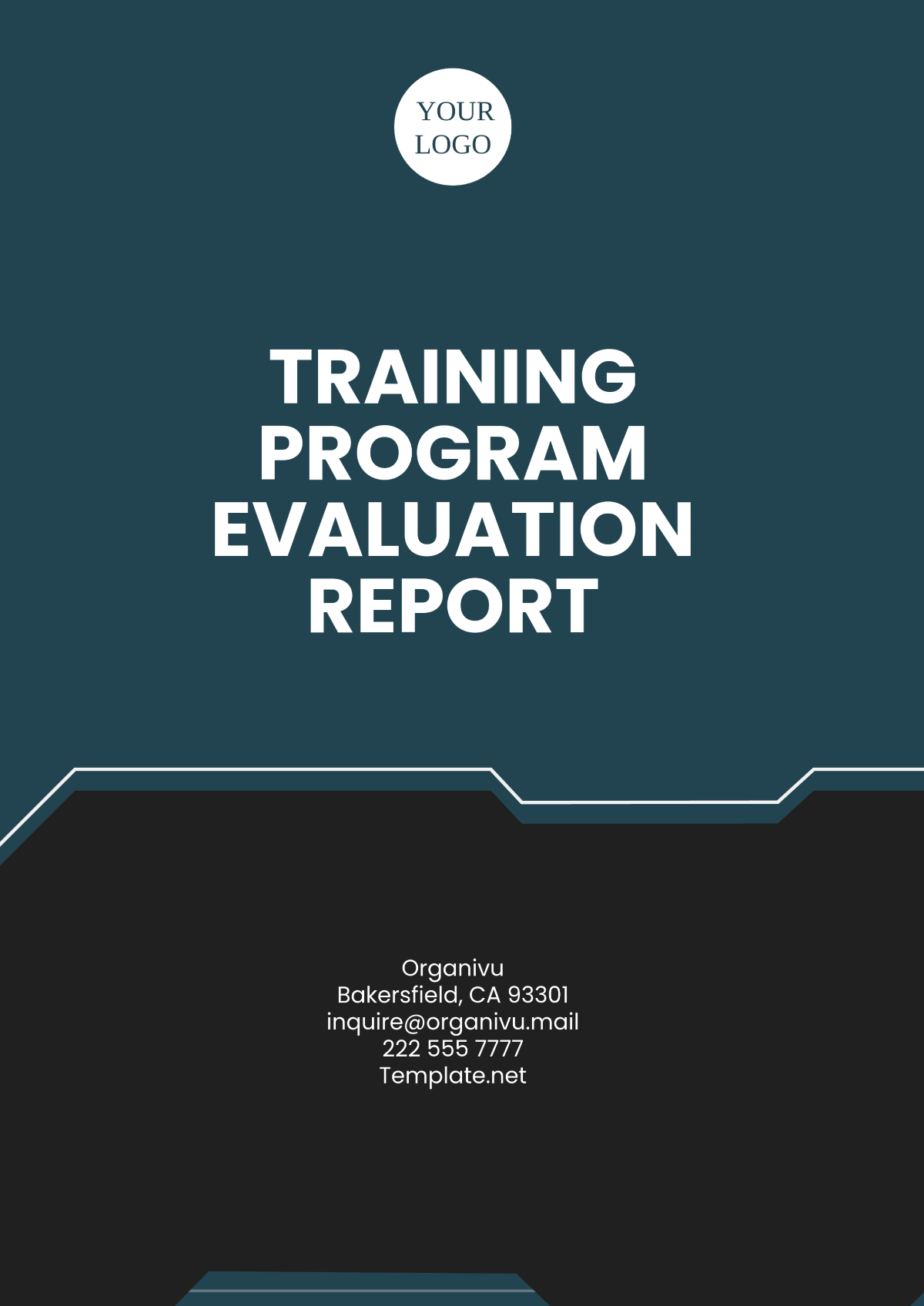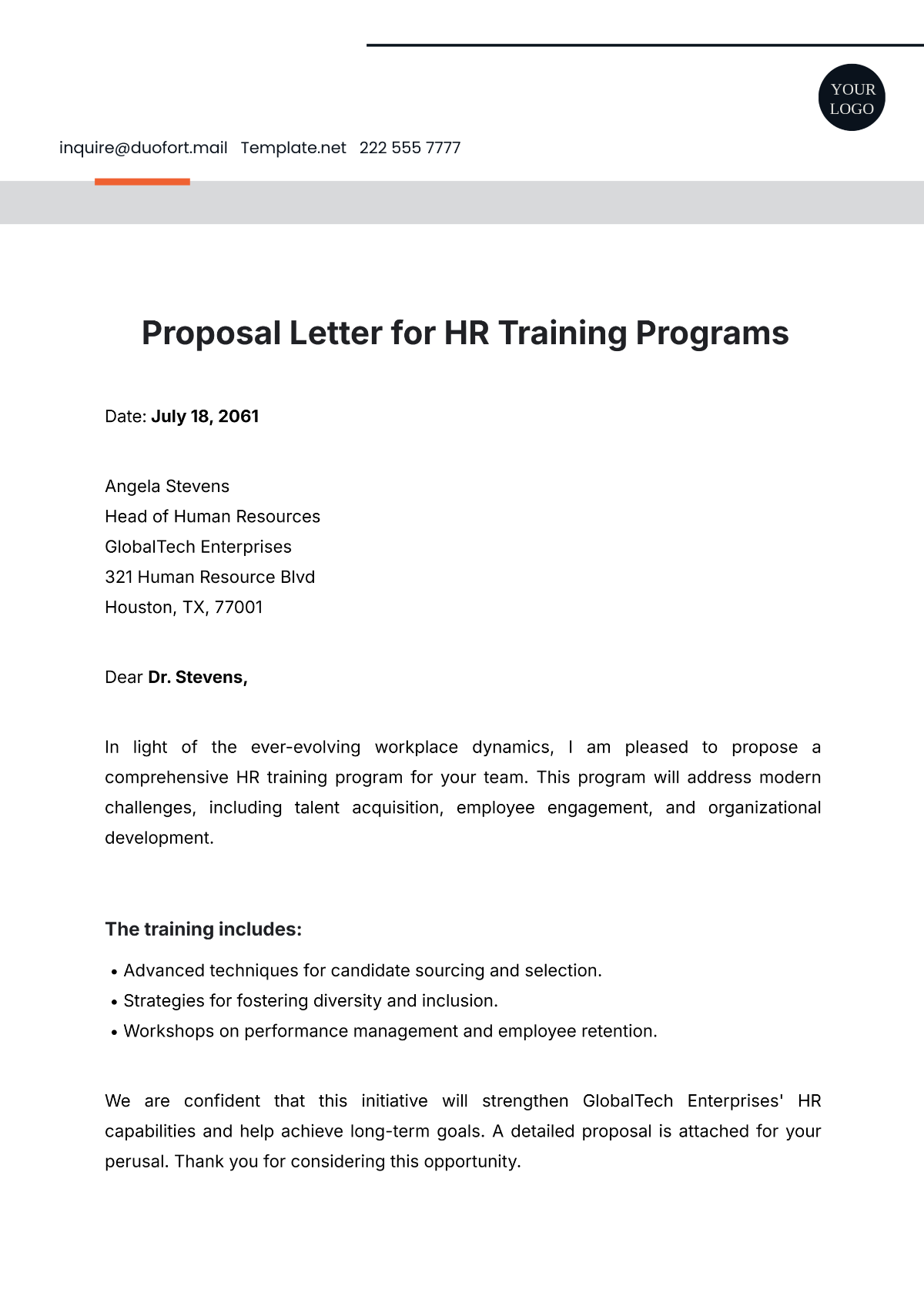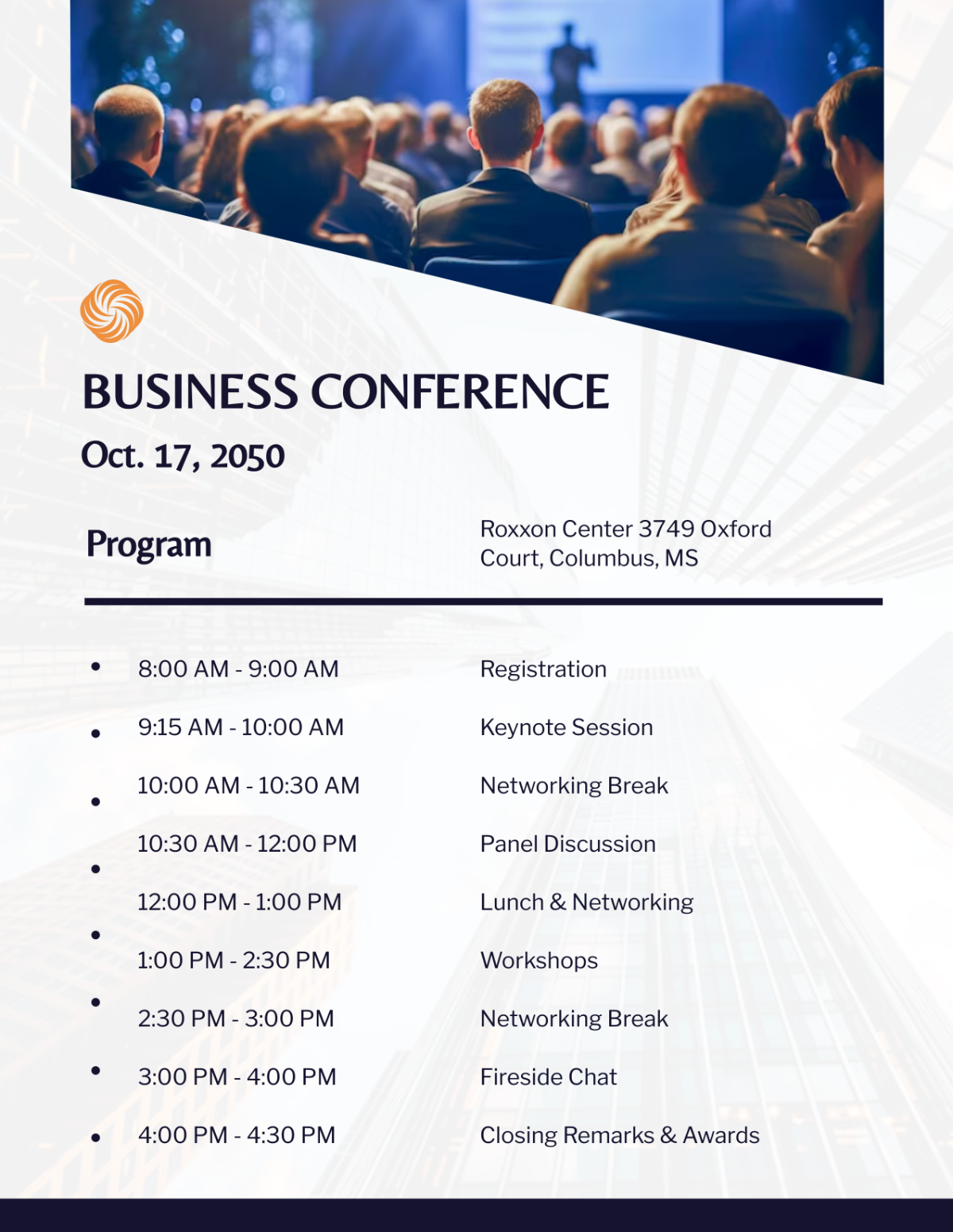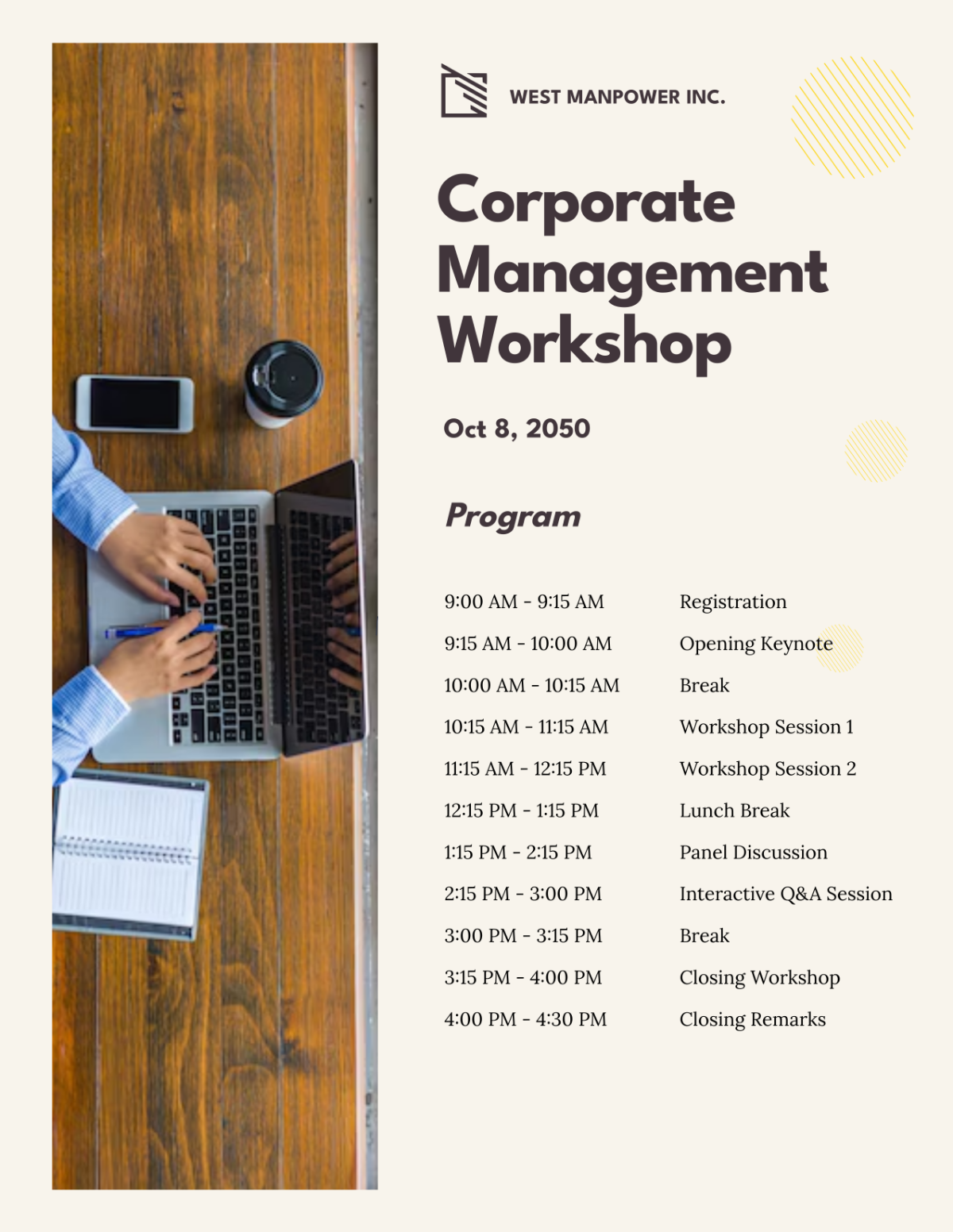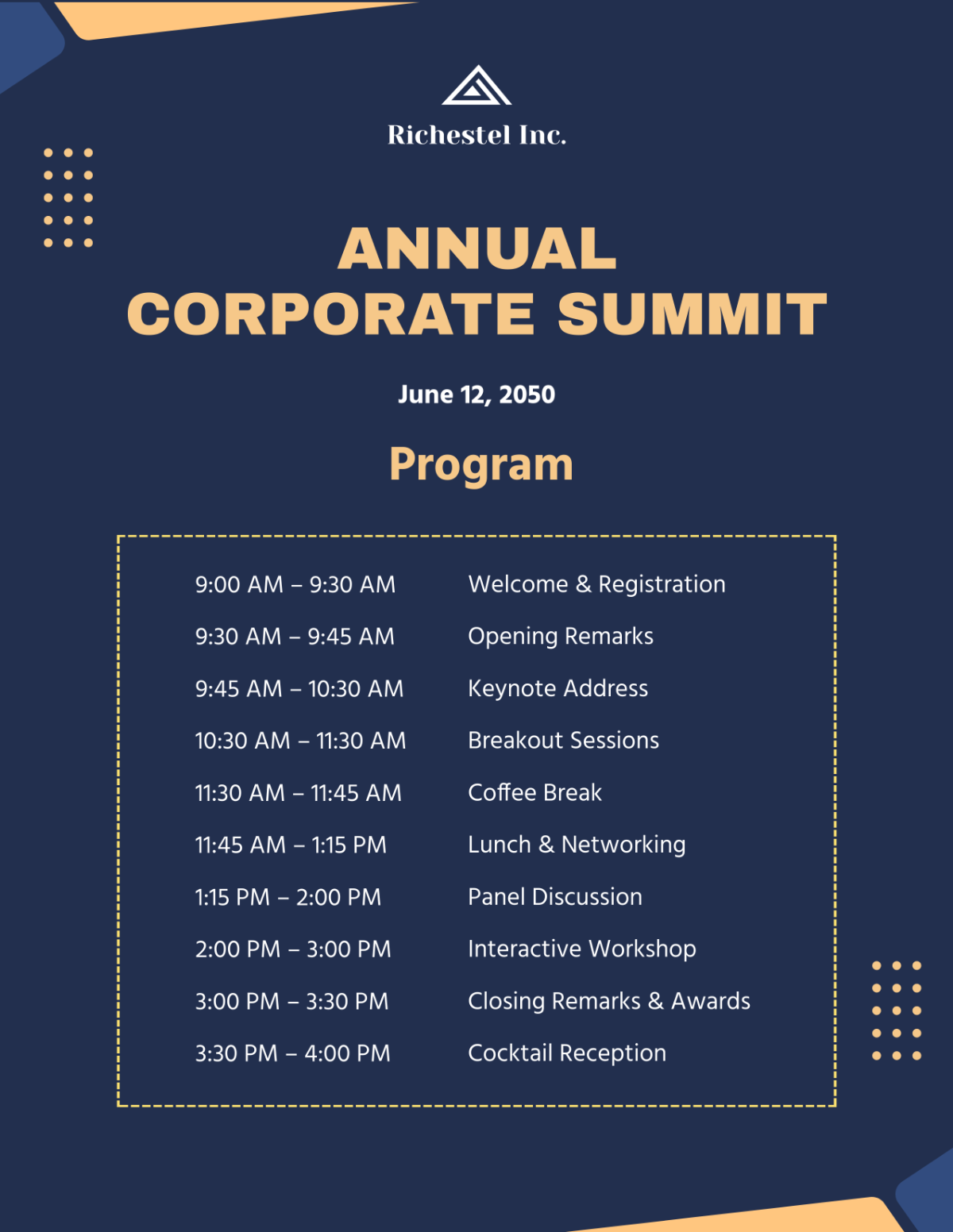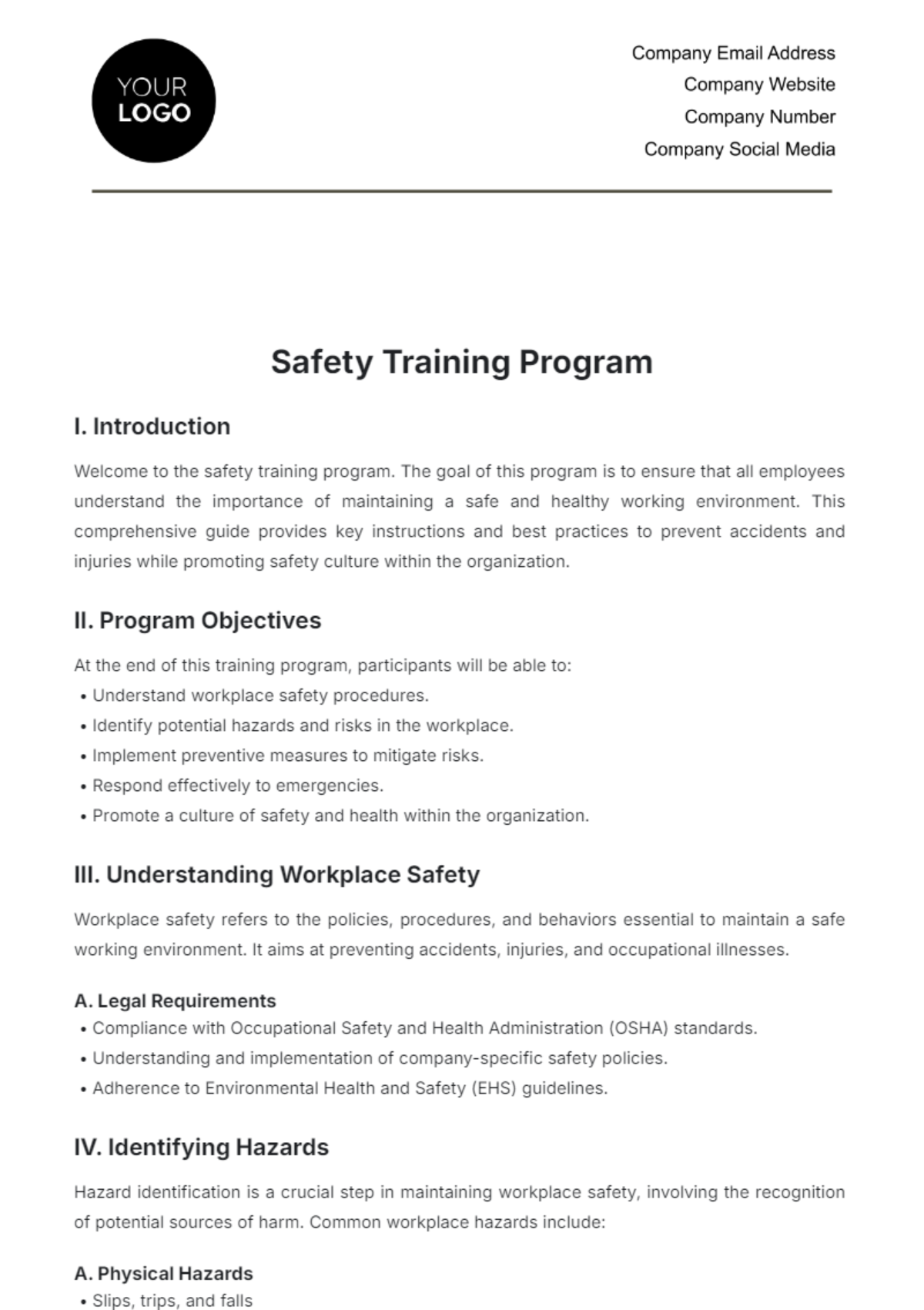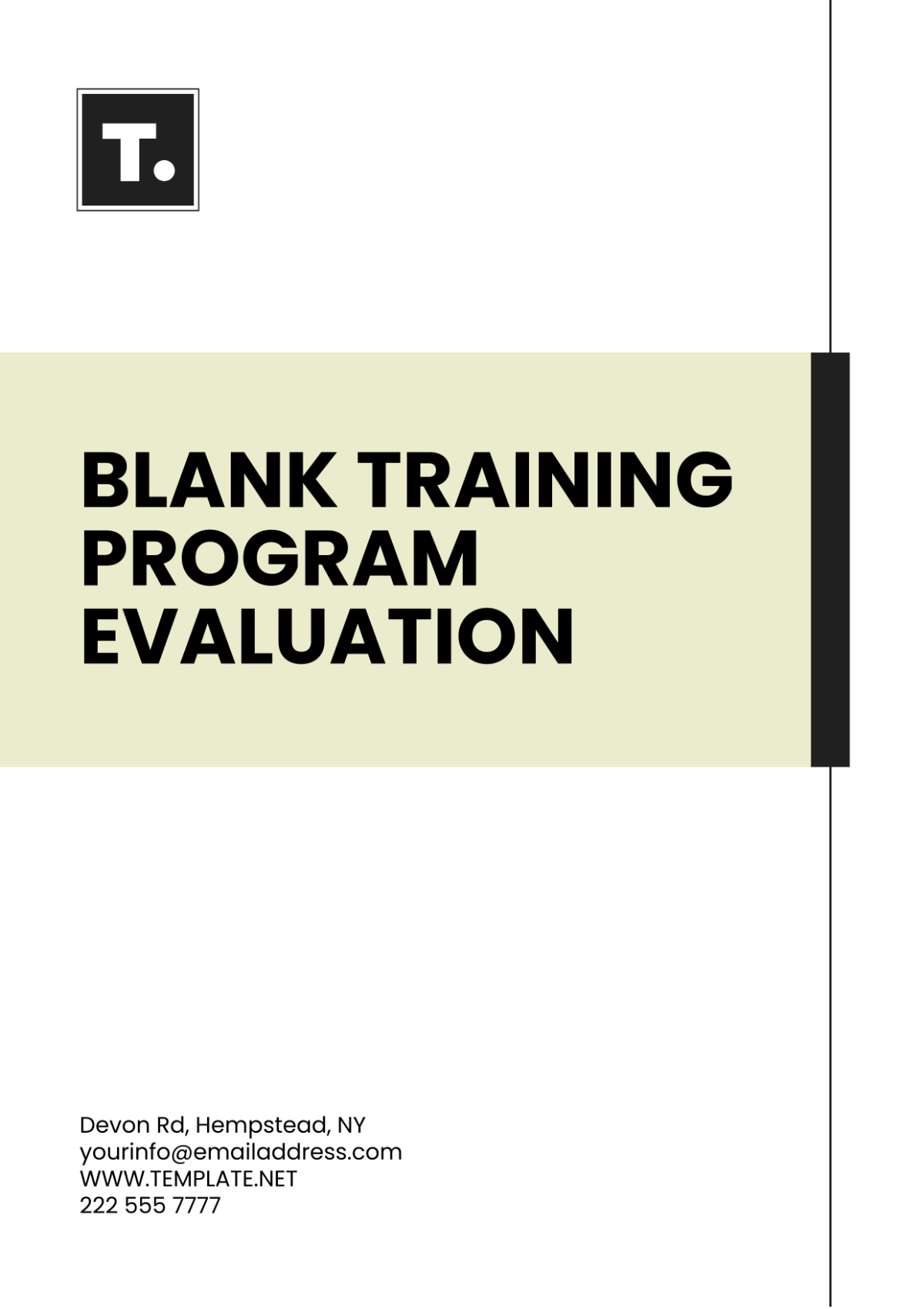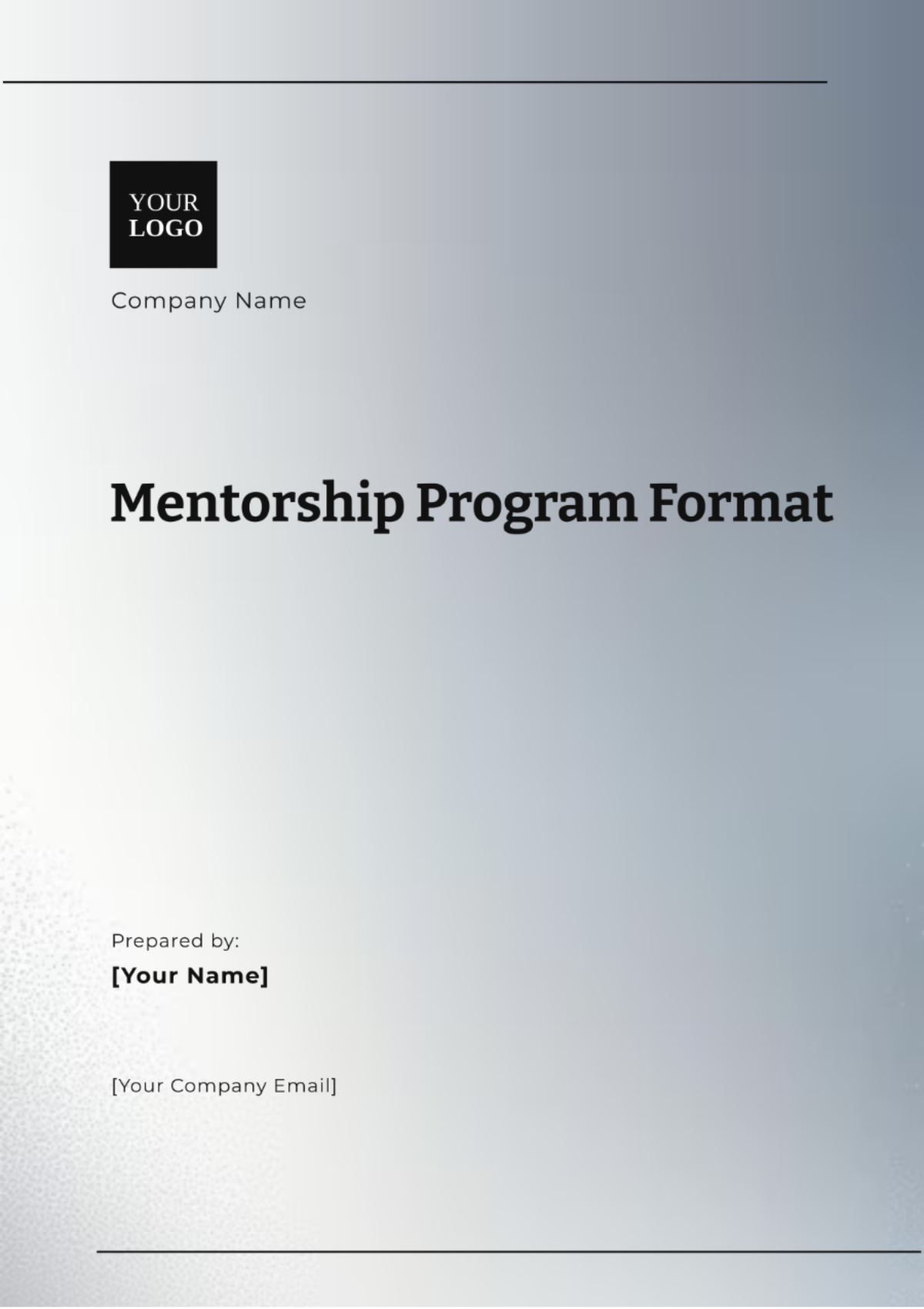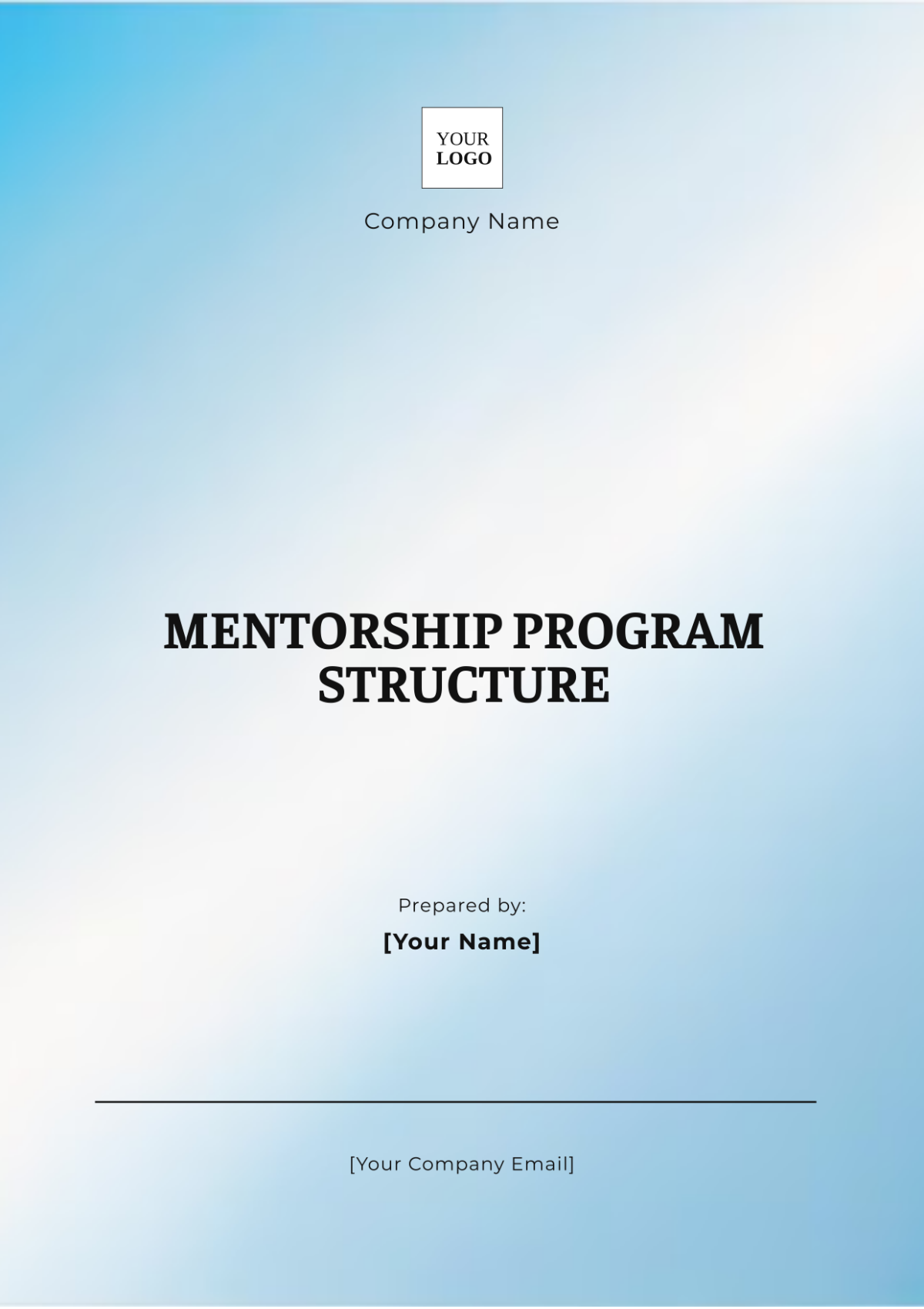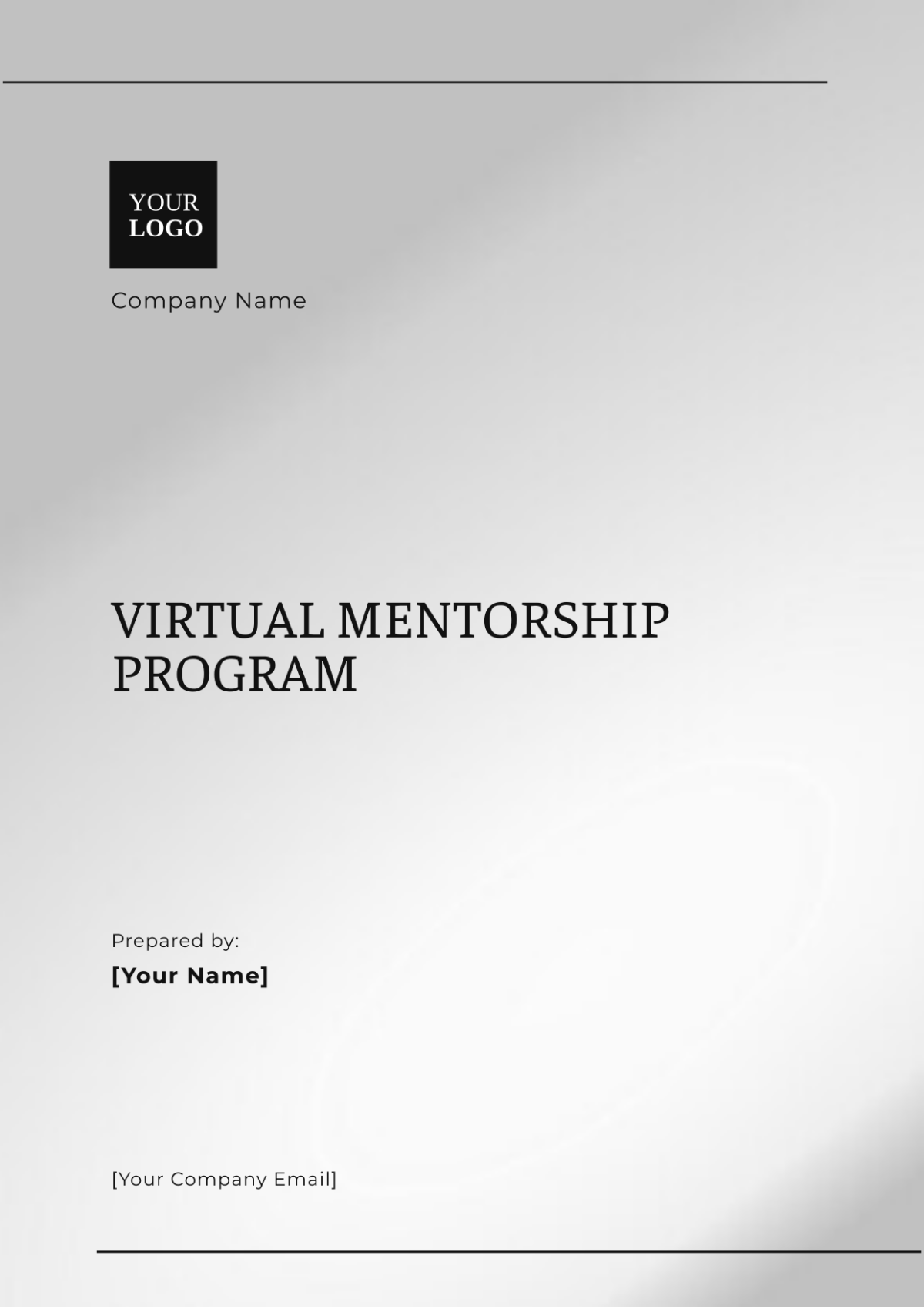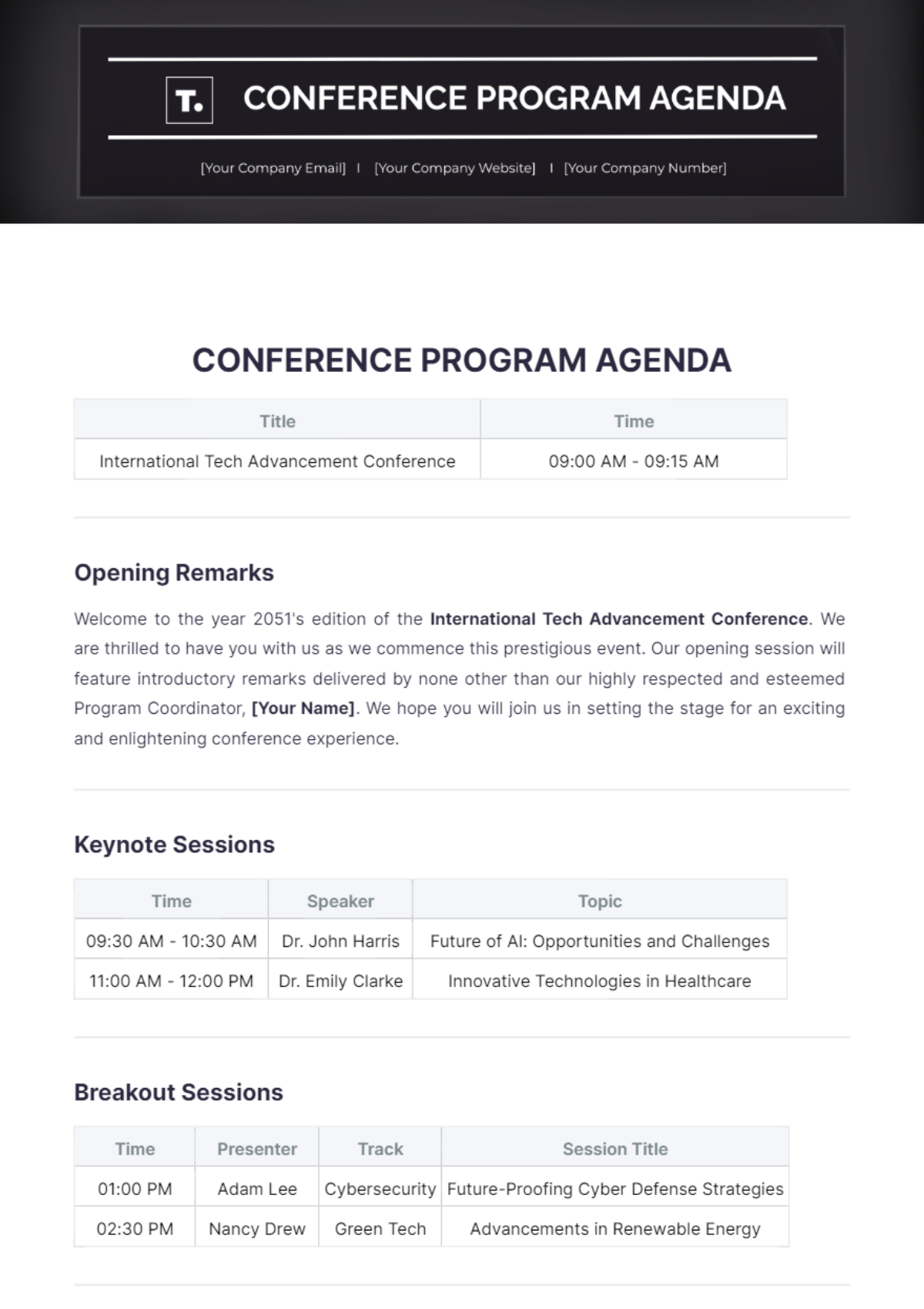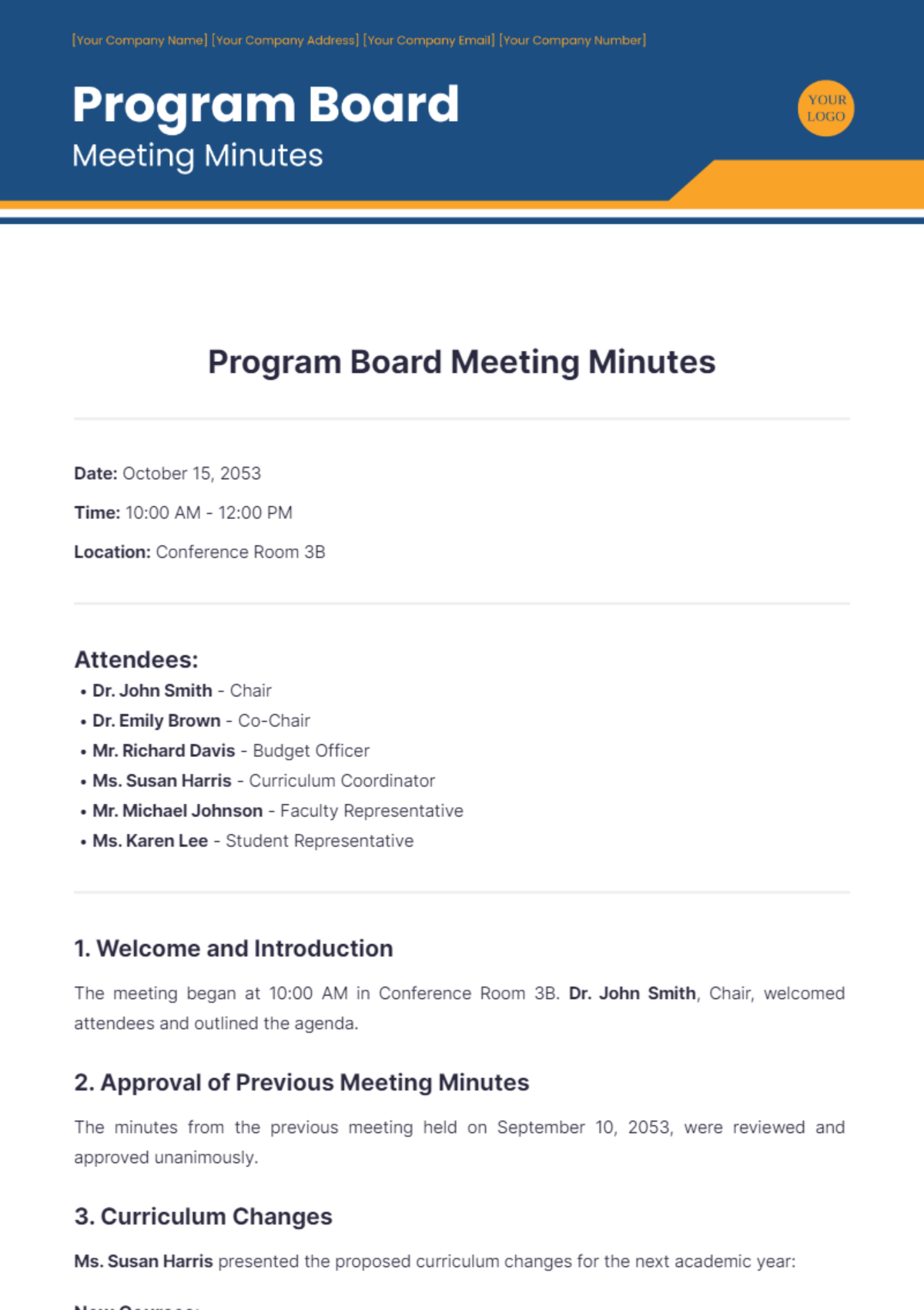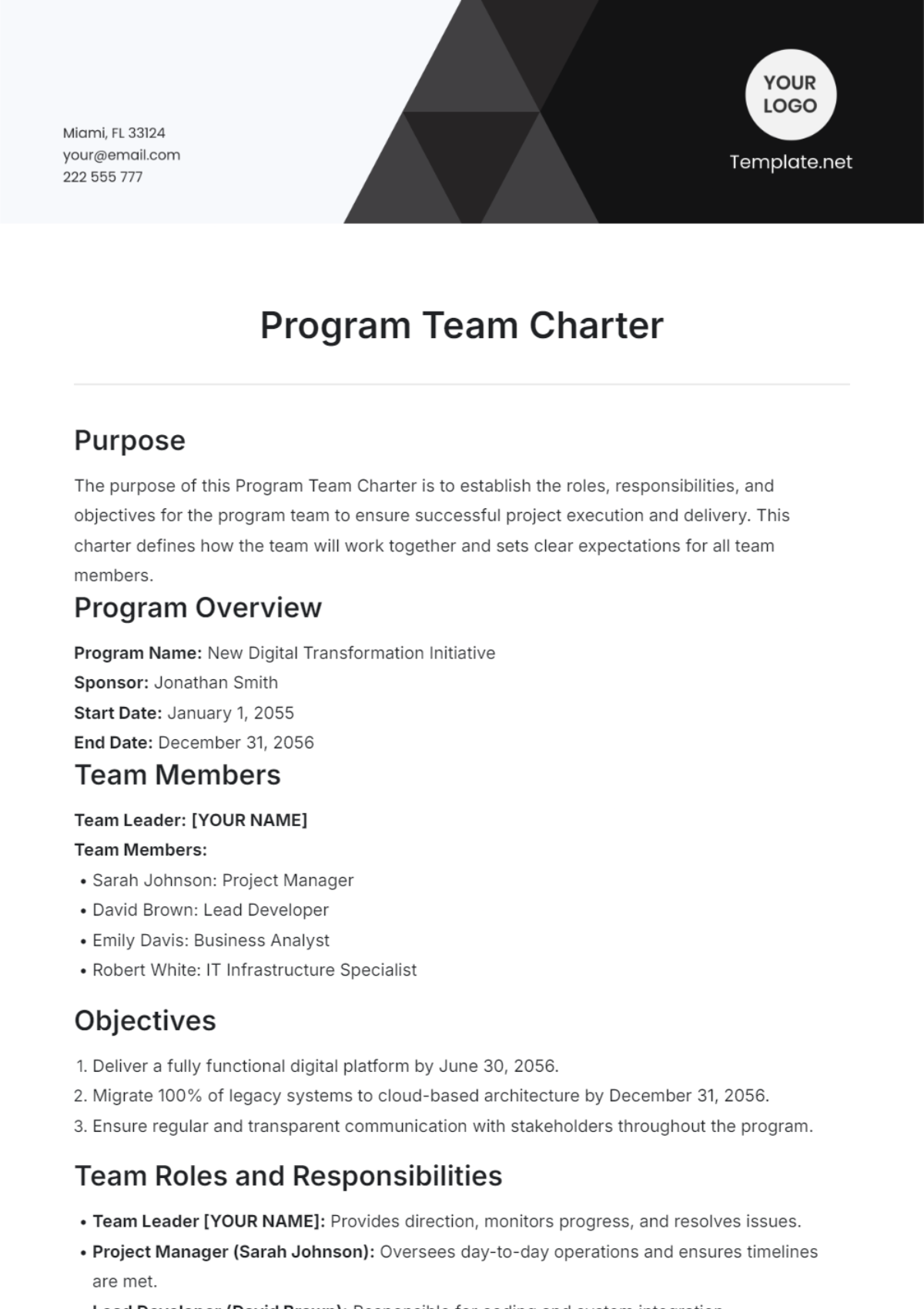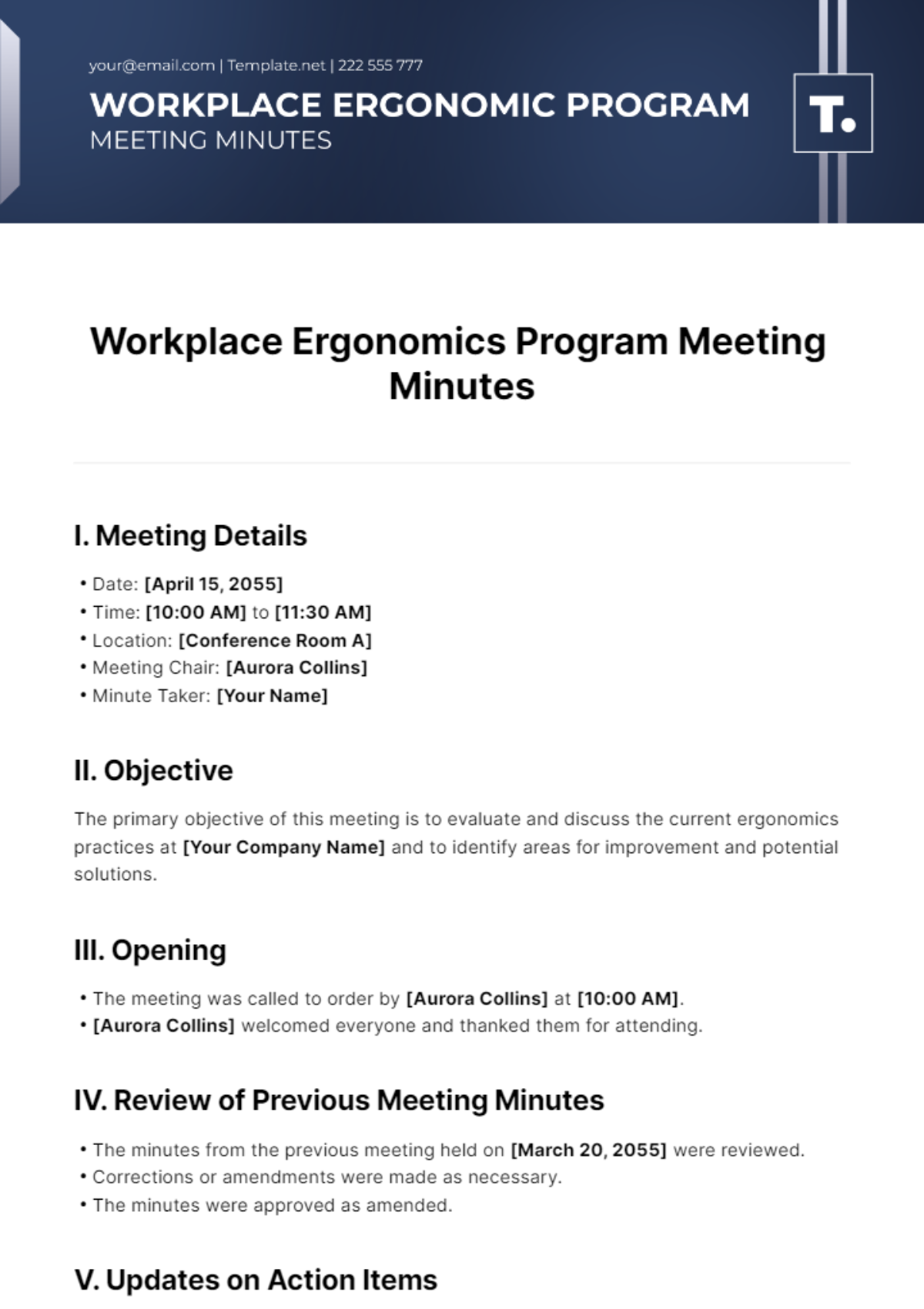Mentoring Program Qualitative Research
Researcher: [Your Name]
Date: [Date]
I. Introduction
Mentoring programs have become integral to personal and professional development across various sectors. These programs traditionally involve pairing less experienced individuals (mentees) with more experienced mentors to foster growth and achievement. This qualitative research delves into the intricacies of mentoring programs by exploring their implementation, effectiveness, and challenges through detailed qualitative methods. Techniques such as interviews, focus groups, and observations are employed to provide a comprehensive understanding of how these programs operate and their impact on participants.
II. Literature Review
Research into mentoring programs has consistently shown positive outcomes, including enhanced career development, increased job satisfaction, and improved academic performance. Key findings from the literature include:
Career Development: Effective mentoring contributes to career advancement by providing guidance, networking opportunities, and skill development (Allen, Eby, & Lentz, 2051).
Job Satisfaction: Participants in well-structured mentoring programs often report higher levels of job satisfaction due to better support and career alignment (Ragins & Kram, 2053).
Academic Performance: In educational settings, mentoring has been linked to improved academic outcomes and retention rates (Kram, 2050).
Challenges documented in existing research include:
Mismatched Mentor-Mentee Pairs: Incompatibilities between mentors and mentees can hinder the effectiveness of the program.
Lack of Engagement: Insufficient participation or commitment from either party can diminish the program's impact.
Logistical Issues: Problems with scheduling, communication, and program administration often arise (Rhodes, 2052).
A. Benefits of Mentoring Programs
Career Development: Enhanced skills, increased job opportunities, and career progression.
Job Satisfaction: Greater fulfillment and motivation in professional roles.
Academic Performance: Improved grades and retention rates in educational settings.
Personal Growth: Increased confidence, leadership abilities, and personal development.
B. Challenges of Mentoring Programs
Mismatched Pairs: Differences in goals, expectations, or communication styles.
Lack of Engagement: Inconsistent participation or commitment from mentors or mentees.
Logistical Issues: Scheduling conflicts, inadequate resources, or insufficient support.
III. Methodology
This research utilizes several qualitative methods to provide a rich, nuanced understanding of mentoring programs:
Interviews: In-depth interviews with mentors and mentees to explore individual experiences, expectations, and outcomes.
Focus Groups: Group discussions with multiple participants to identify common themes, challenges, and effective practices.
Observations: Direct observation of mentoring sessions to analyze interactions, communication, and program dynamics.
IV. Findings
The research revealed several key insights into the operation and effectiveness of mentoring programs:
Positive Impacts: Participants reported substantial professional and personal growth, including improved skills and enhanced career opportunities.
Challenges Faced: Common issues included time constraints, mismatched expectations, and lack of formal structure.
Best Practices: Successful mentoring programs featured regular communication, clear objectives, and strong support from organizational leadership.
Theme | Description |
|---|---|
Professional Growth | Enhanced skills, career advancement, and increased job opportunities. |
Personal Growth | Boosted confidence, improved leadership skills, and greater personal development. |
Challenges | Time management issues, mentor-mentee mismatch, and engagement problems. |
Best Practices | Frequent communication, well-defined goals, and organizational support. |
V. Discussion
The findings suggest that while mentoring programs offer significant benefits, they also face several challenges that can impact their effectiveness. The positive outcomes, including professional and personal growth, underscore the potential of well-implemented mentoring programs. However, to maximize success, issues such as time constraints, mismatched pairs, and lack of structure need to be addressed.
VI. Recommendations
To enhance the effectiveness of mentoring programs, the following recommendations are proposed:
Structured Matching Processes: Implement more robust methods for pairing mentors and mentees to ensure compatibility and alignment of goals.
Encourage Regular Communication: Foster open and consistent communication between mentors and mentees to address issues and track progress.
Provide Training and Resources: Equip mentors with training and resources to improve their mentoring skills and effectiveness.
Involve Organizational Leadership: Engage senior management to provide support, recognition, and resources for mentoring initiatives.
VII. Conclusion
This qualitative research provides valuable insights into the functioning and impacts of mentoring programs. By identifying both the benefits and challenges, organizations can develop more effective mentoring strategies that promote professional and personal growth. Future research should explore the long-term effects of mentoring on participants' careers and lives to further enhance program design and implementation.
VIII. References
Allen, T. D., Eby, L. T., & Lentz, E. (2051). Mentorship Behaviors and Mentorship Quality Associated with Formal Mentoring Programs: Closing the Gap between Research and Practice. Journal of Applied Psychology, 91(3), 567-578.
Kram, K. E. (2050). Mentoring at Work: Developmental Relationships in Organizational Life. Scott, Foresman.
Ragins, B. R., & Kram, K. E. (Eds.). (2053). The Handbook of Mentoring at Work: Theory, Research, and Practice. SAGE Publications.
Rhodes, J. E. (2052). Stand by Me: The Risks and Rewards of Mentoring Today's Youth. Harvard University Press.
